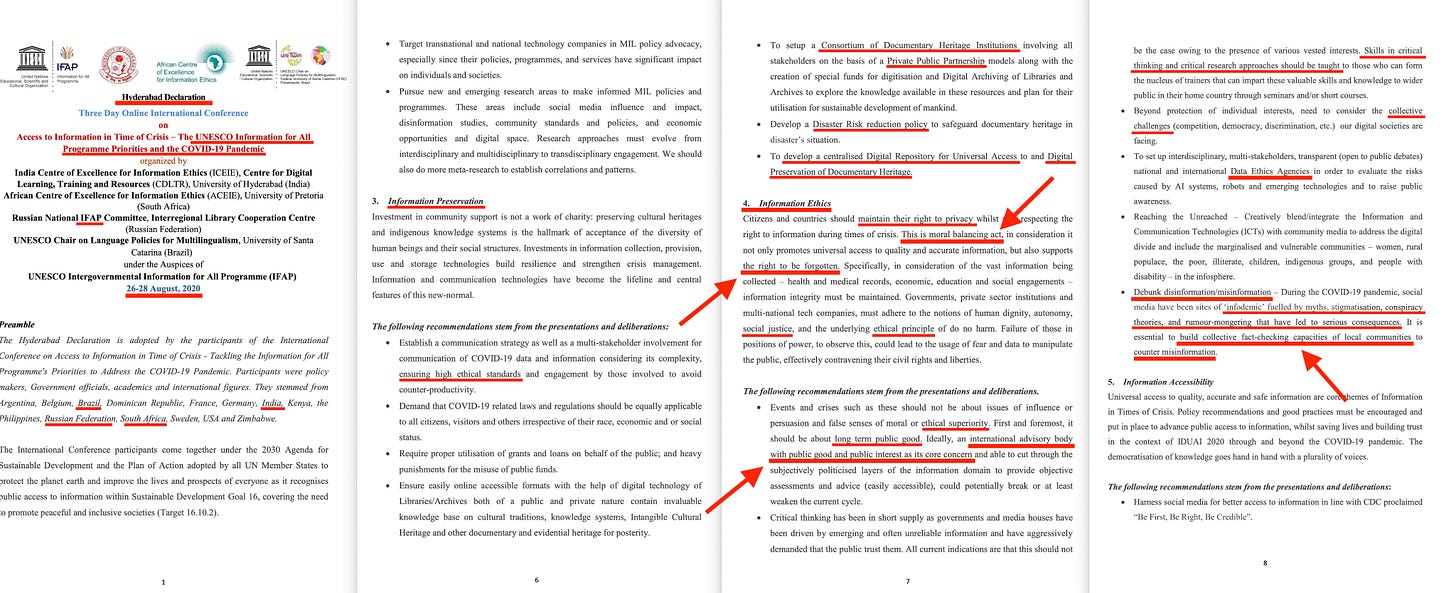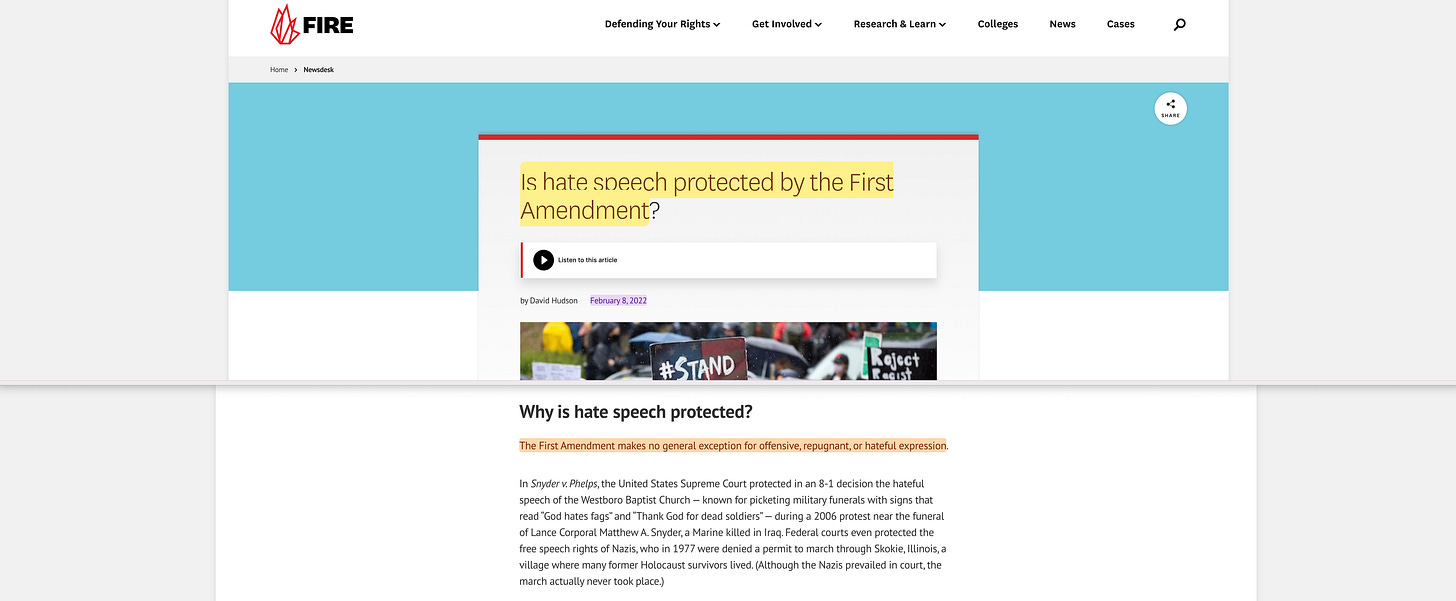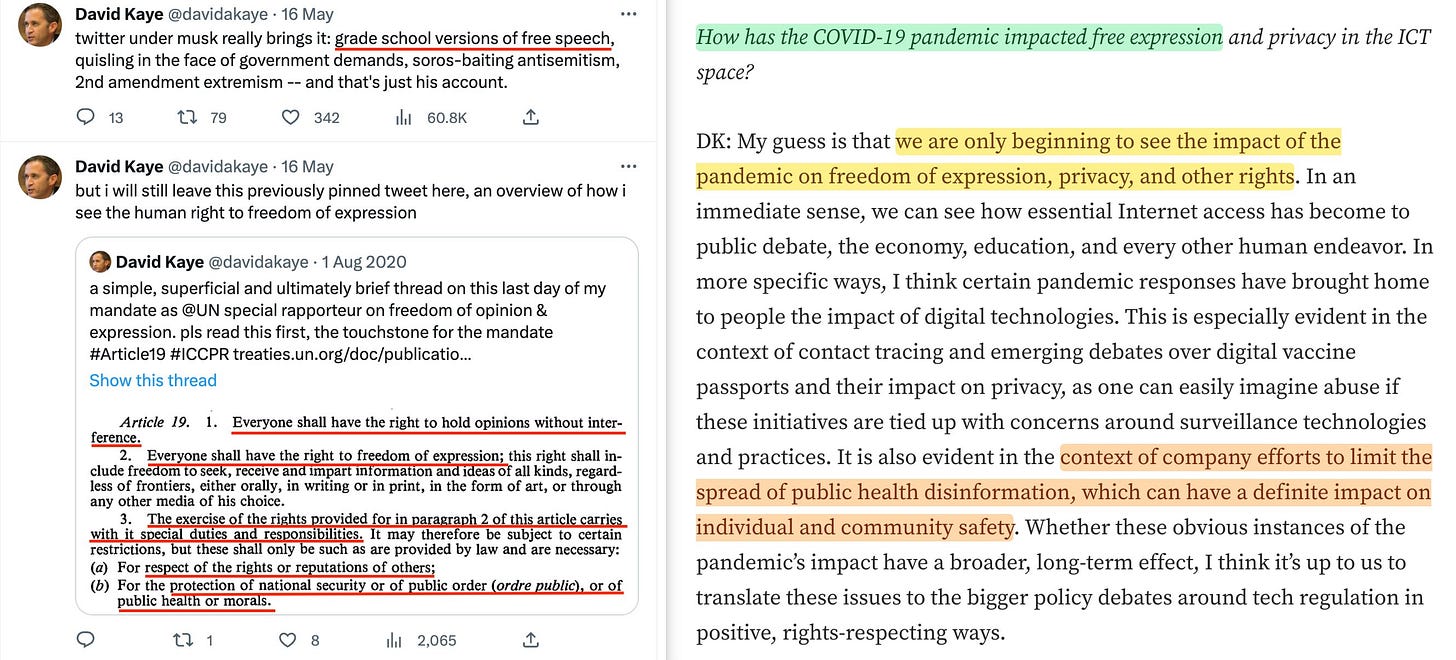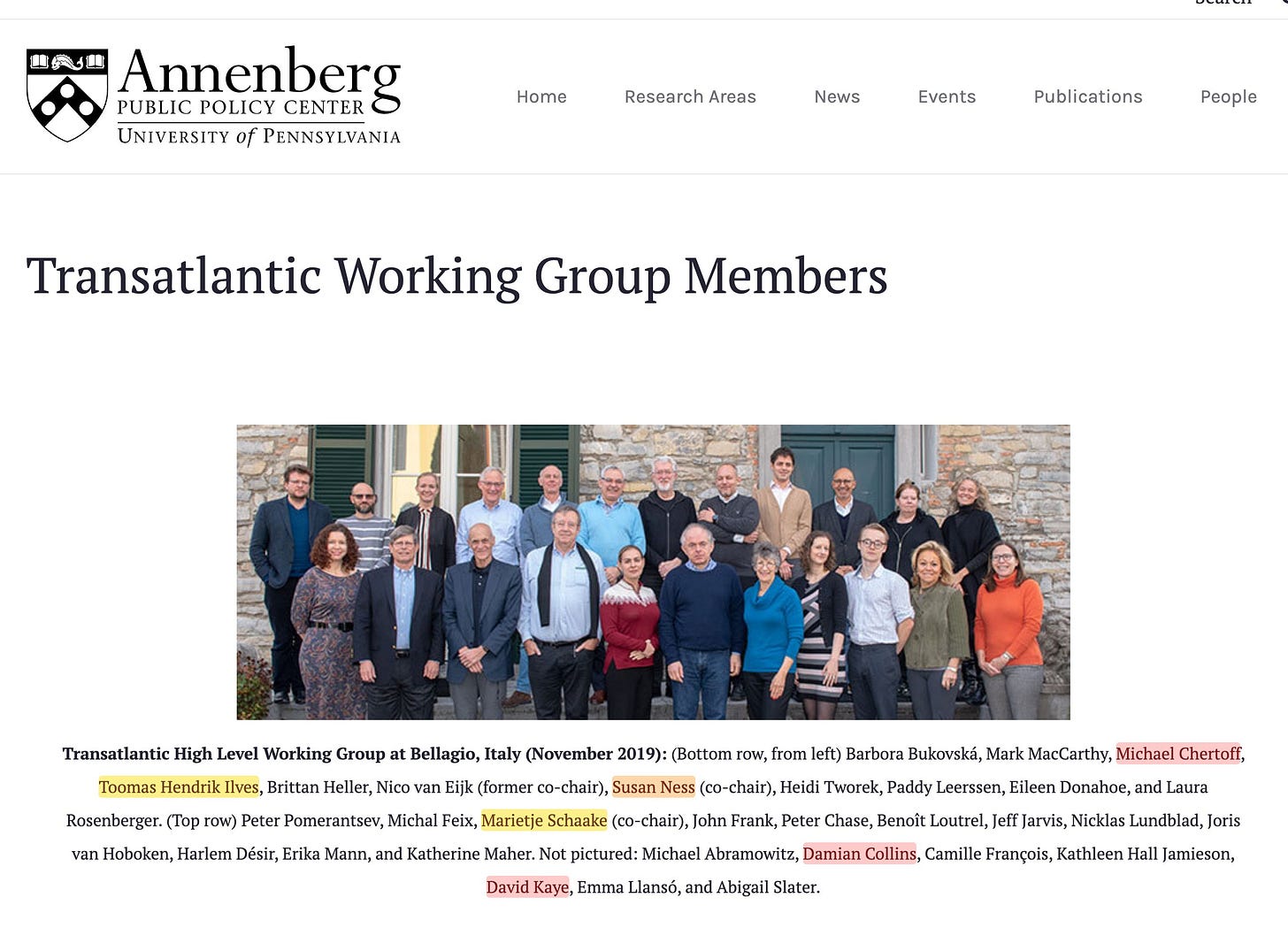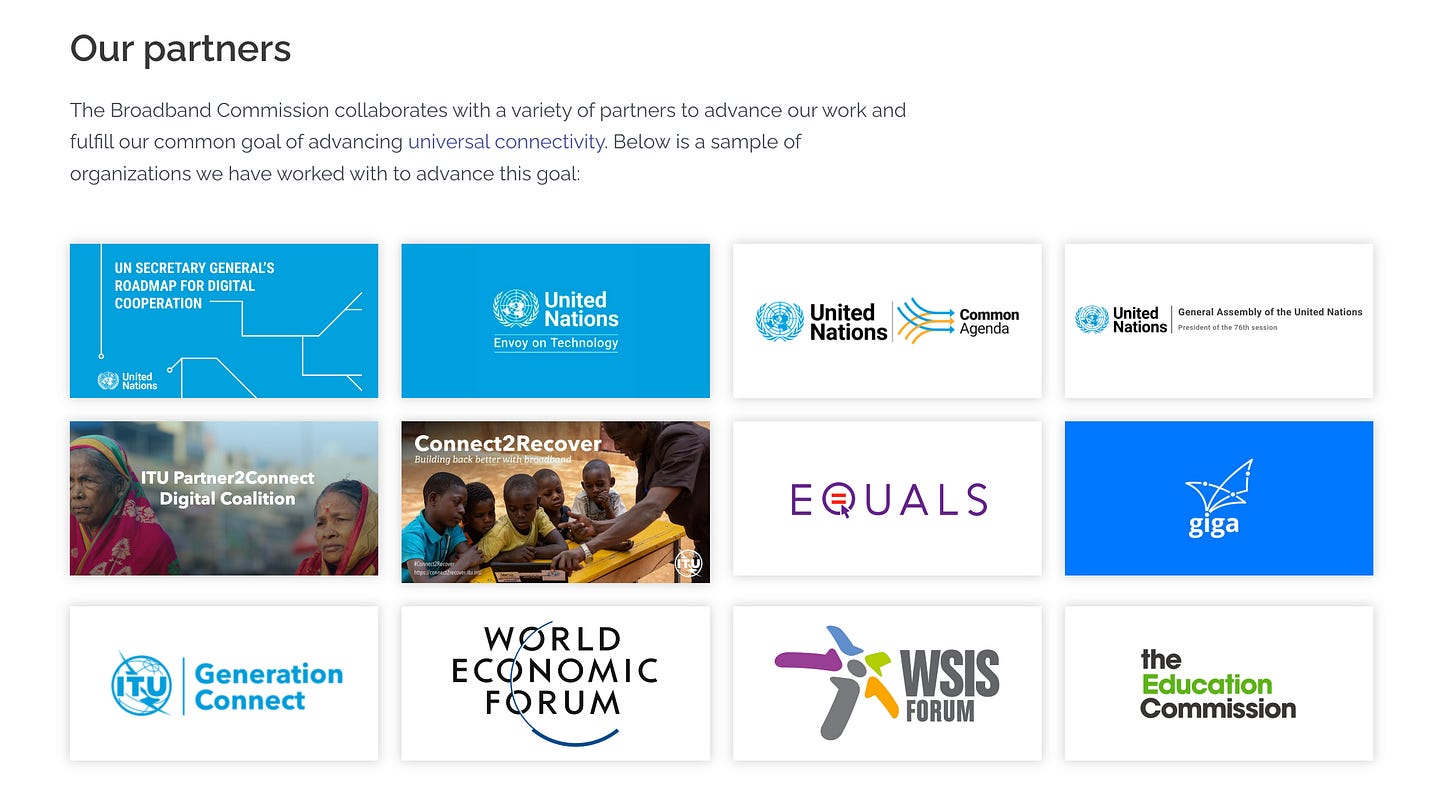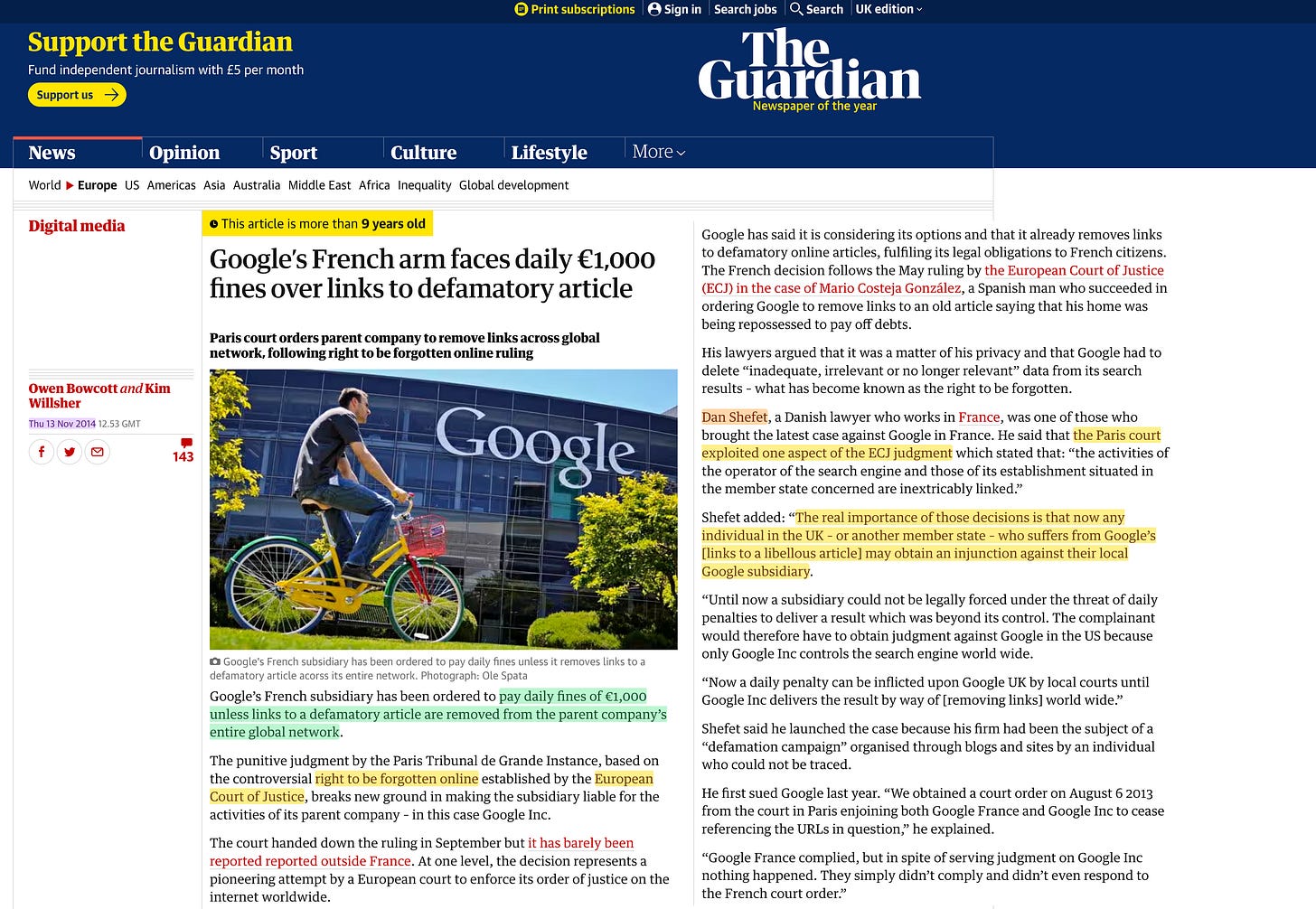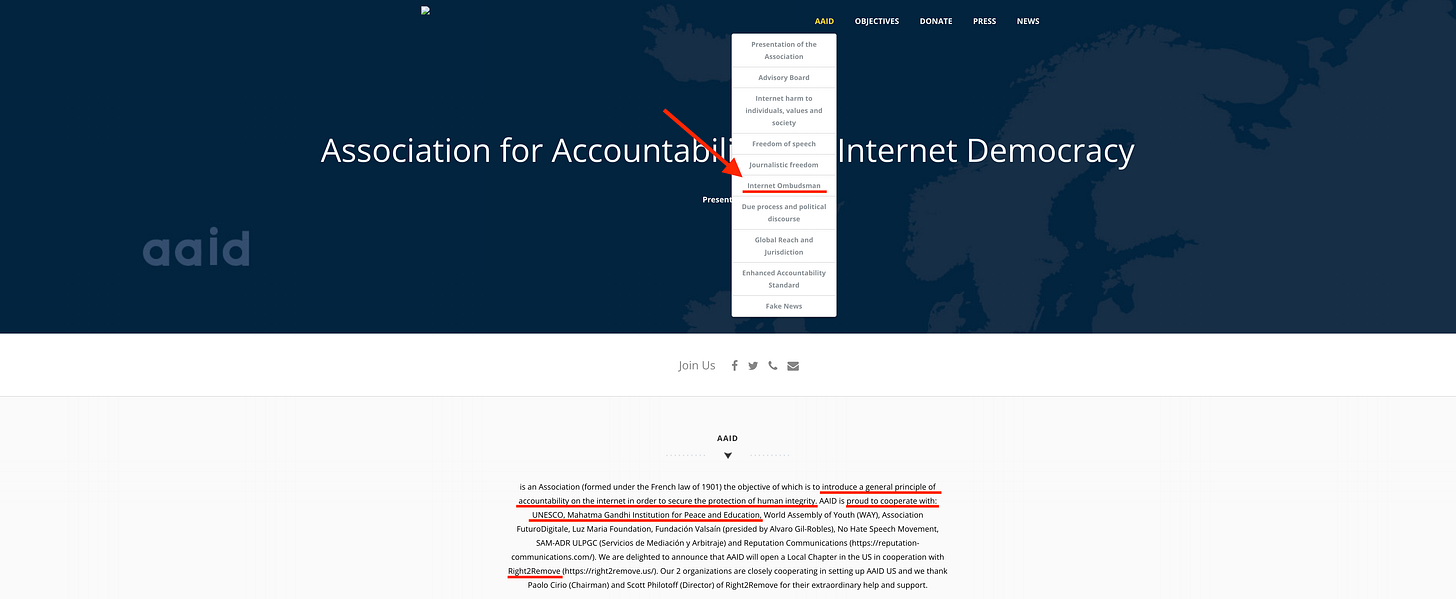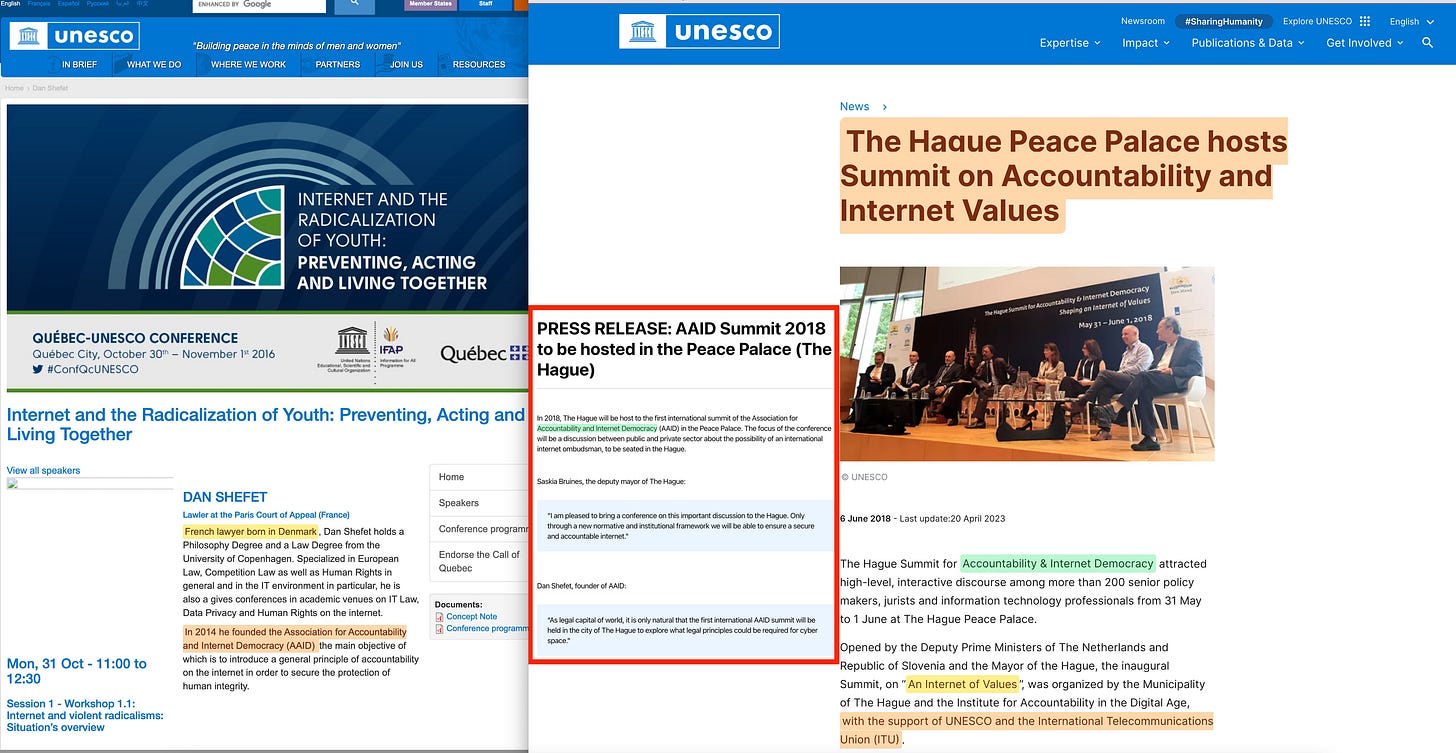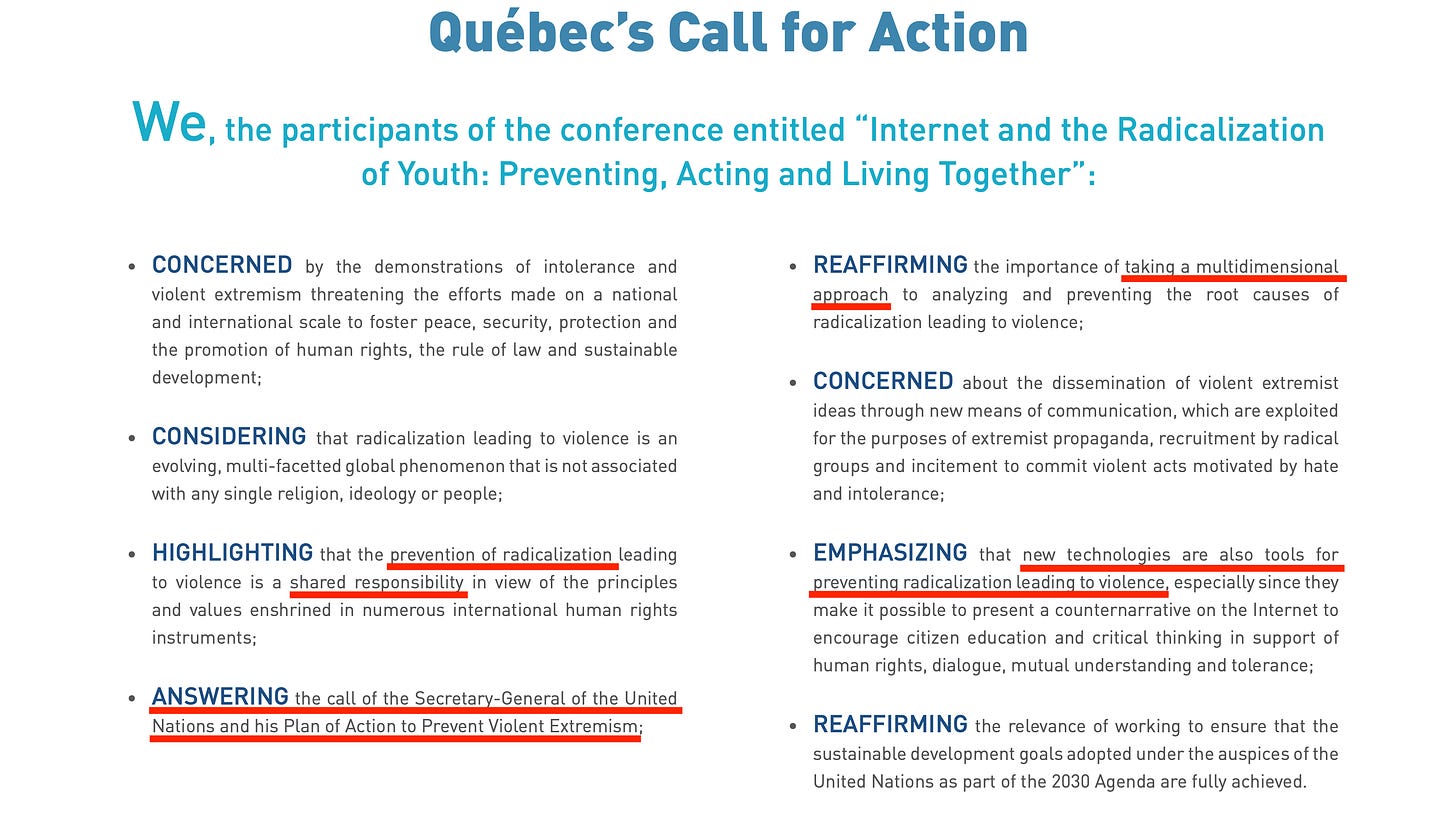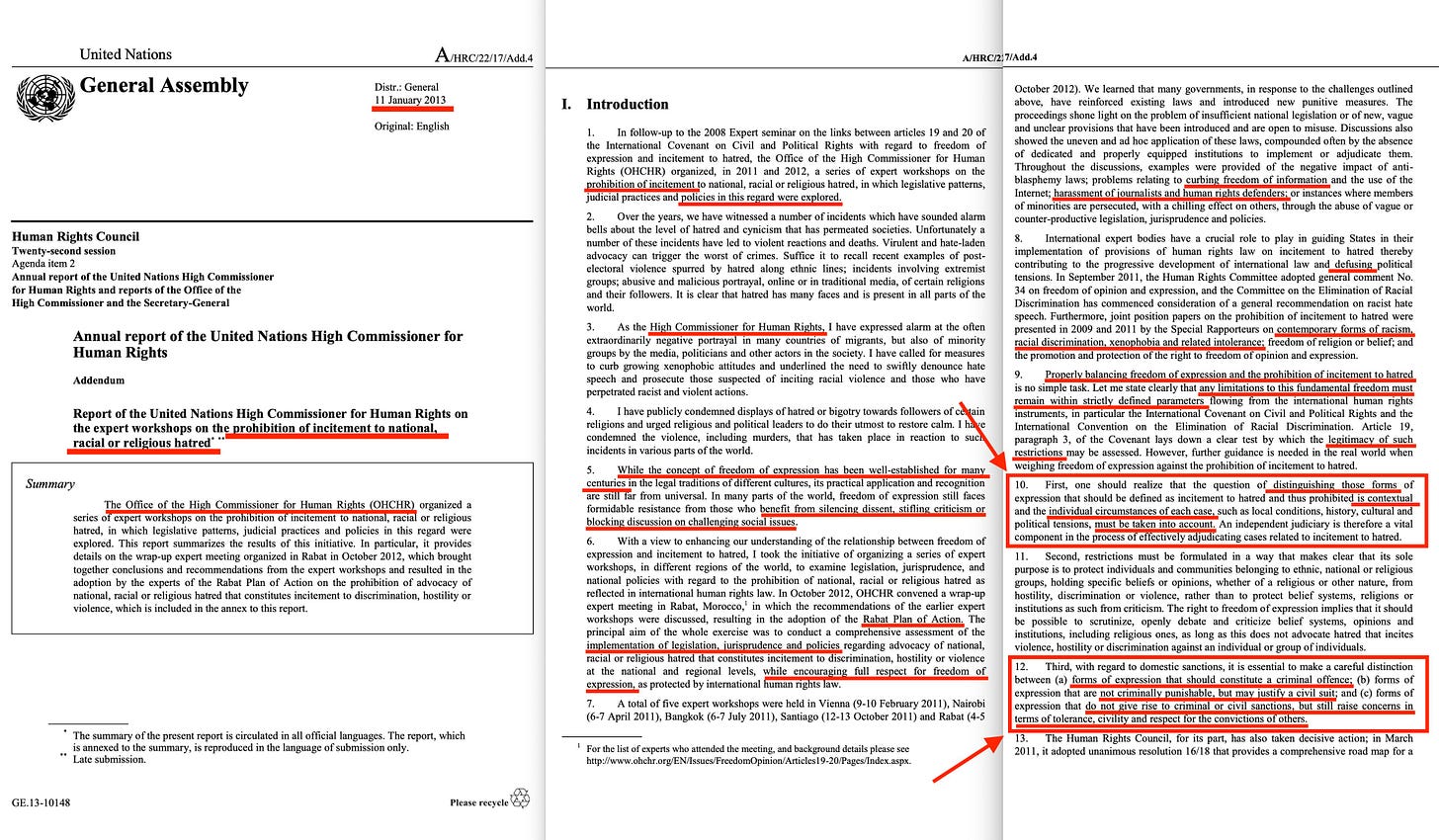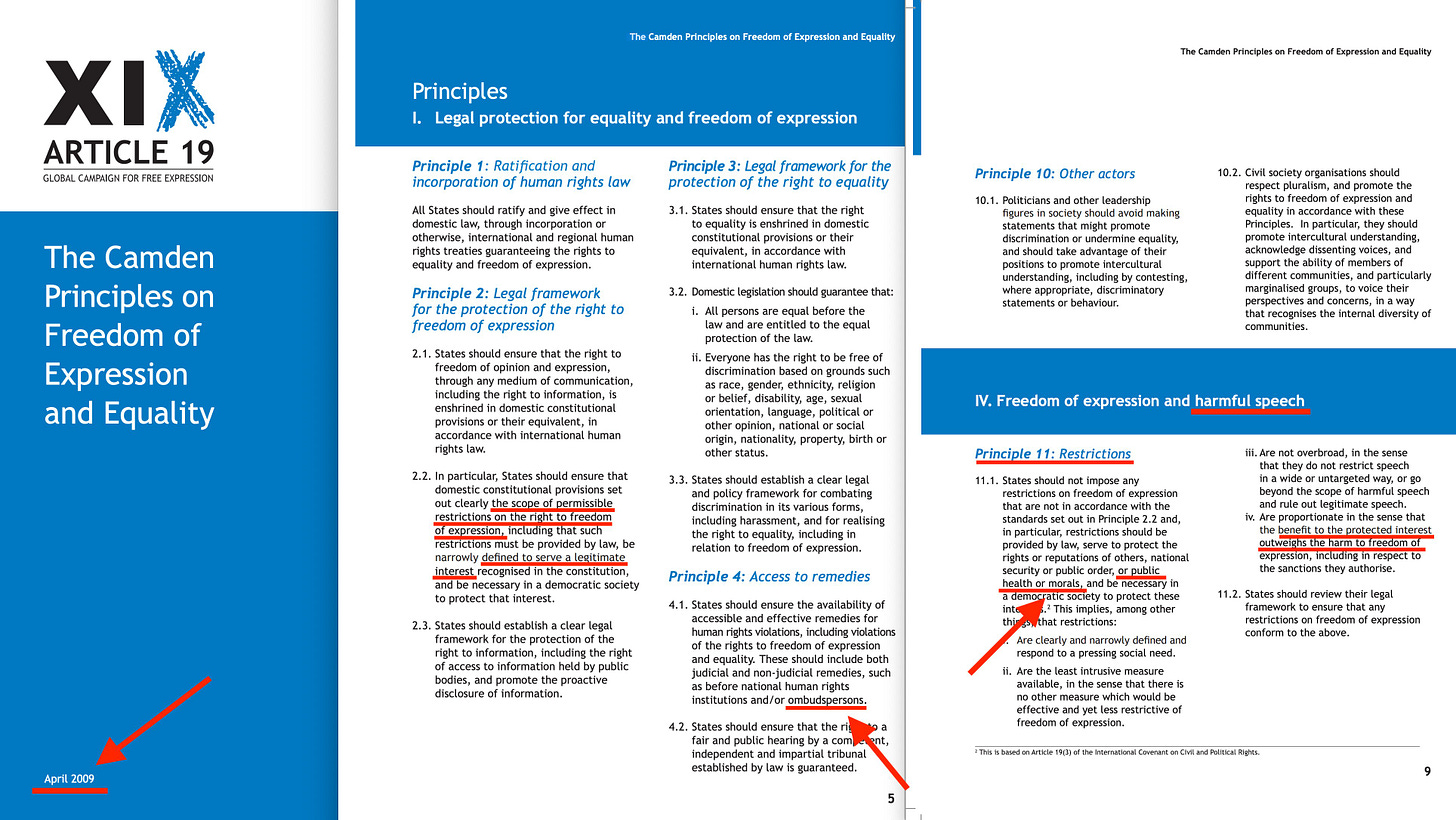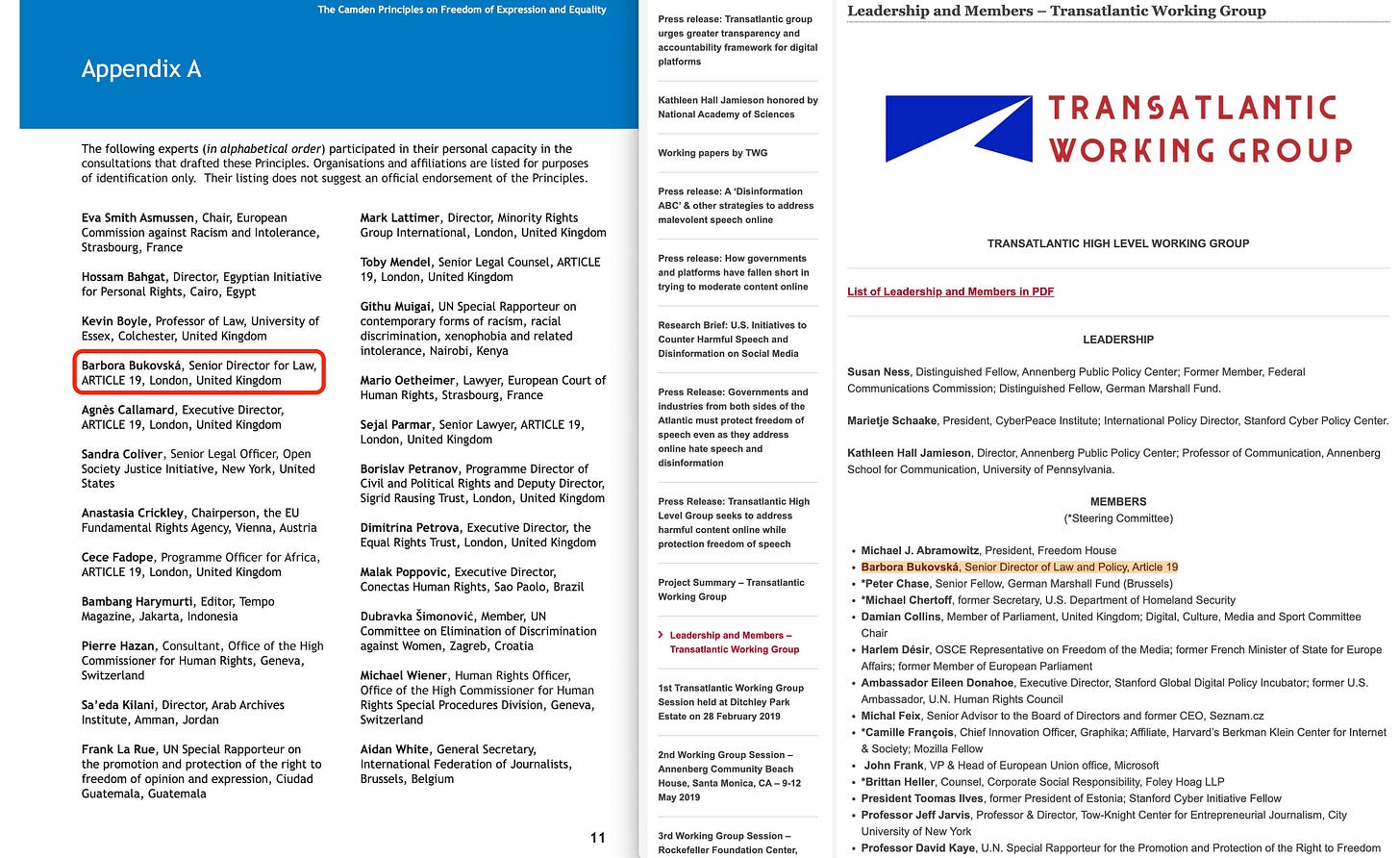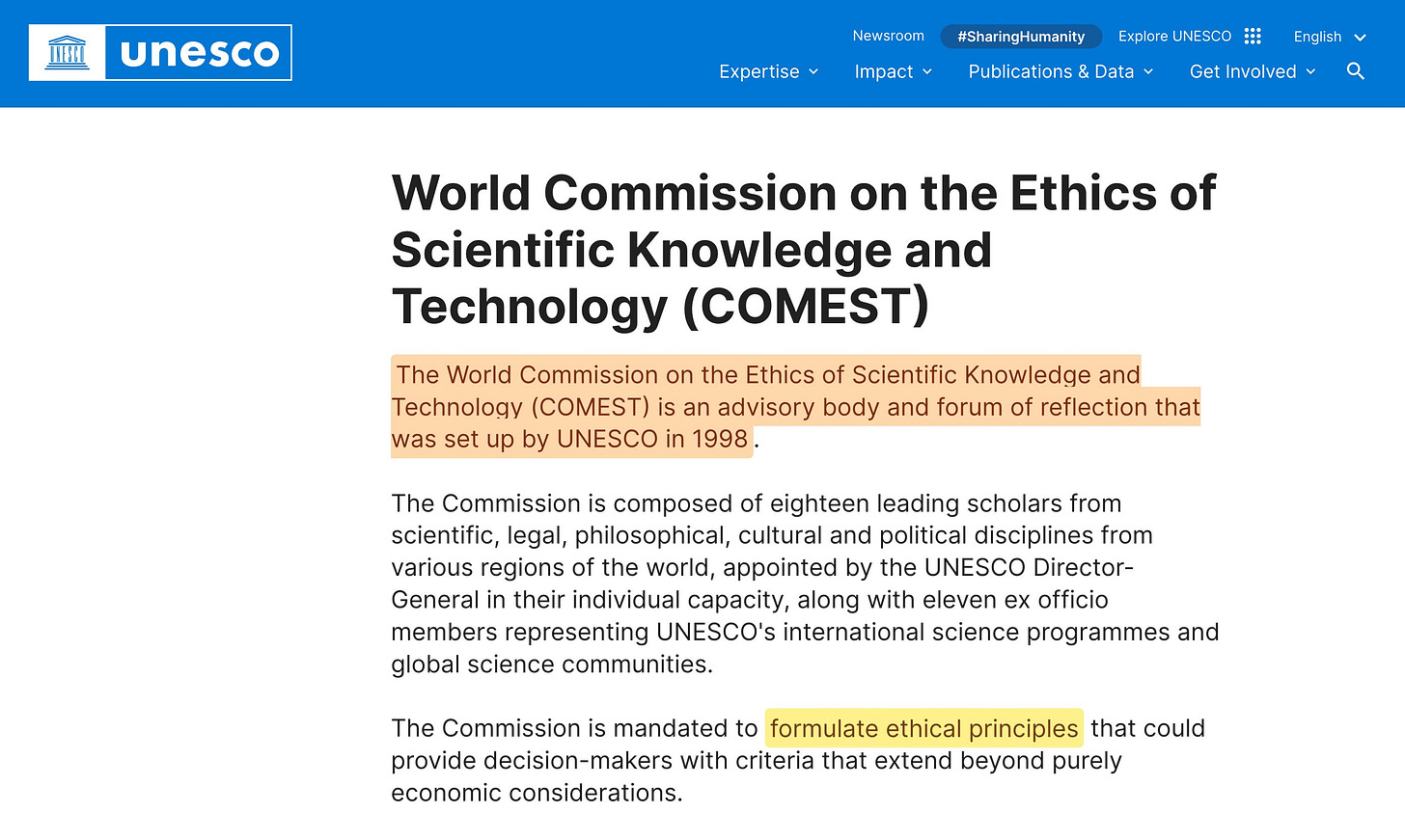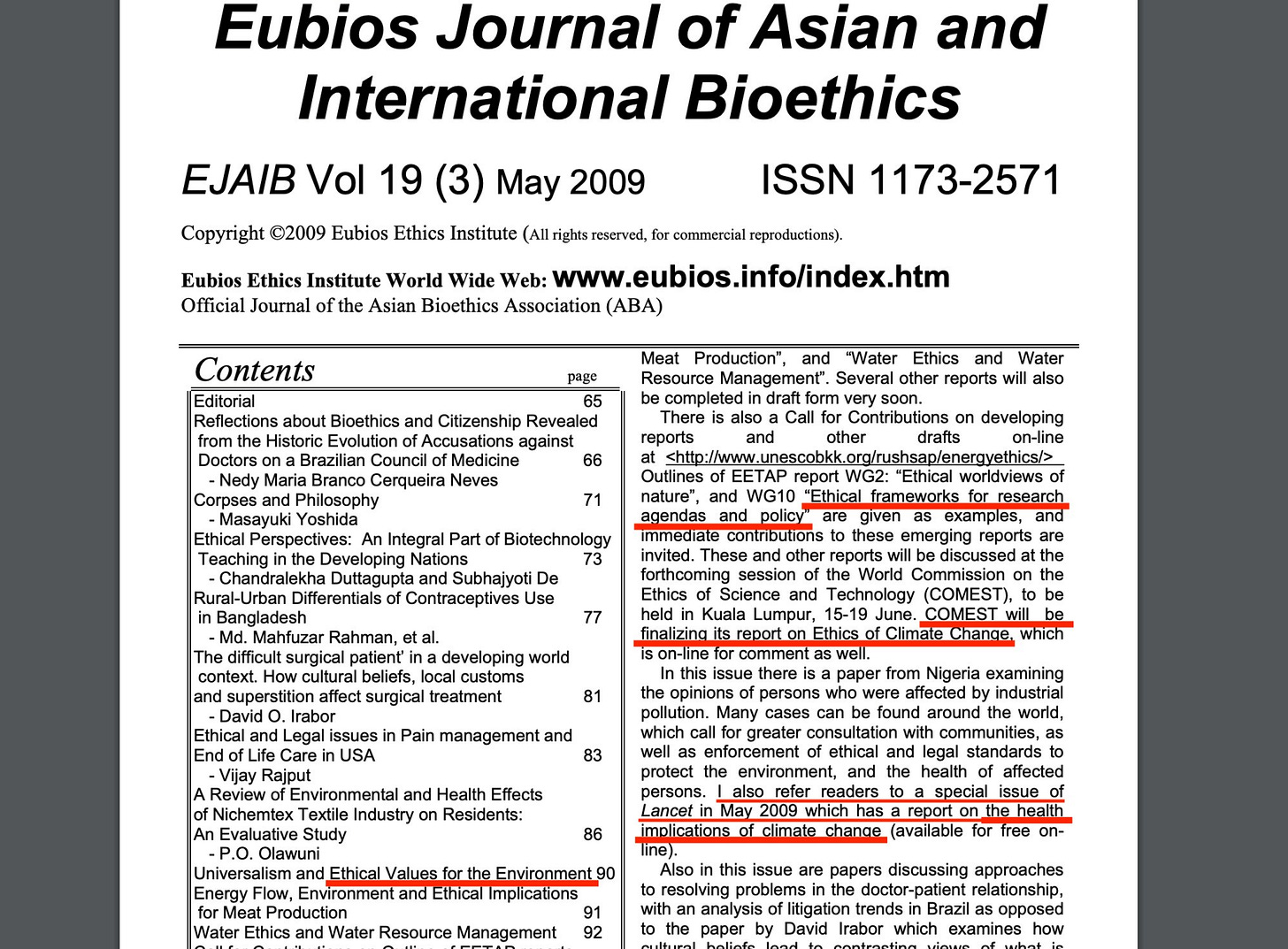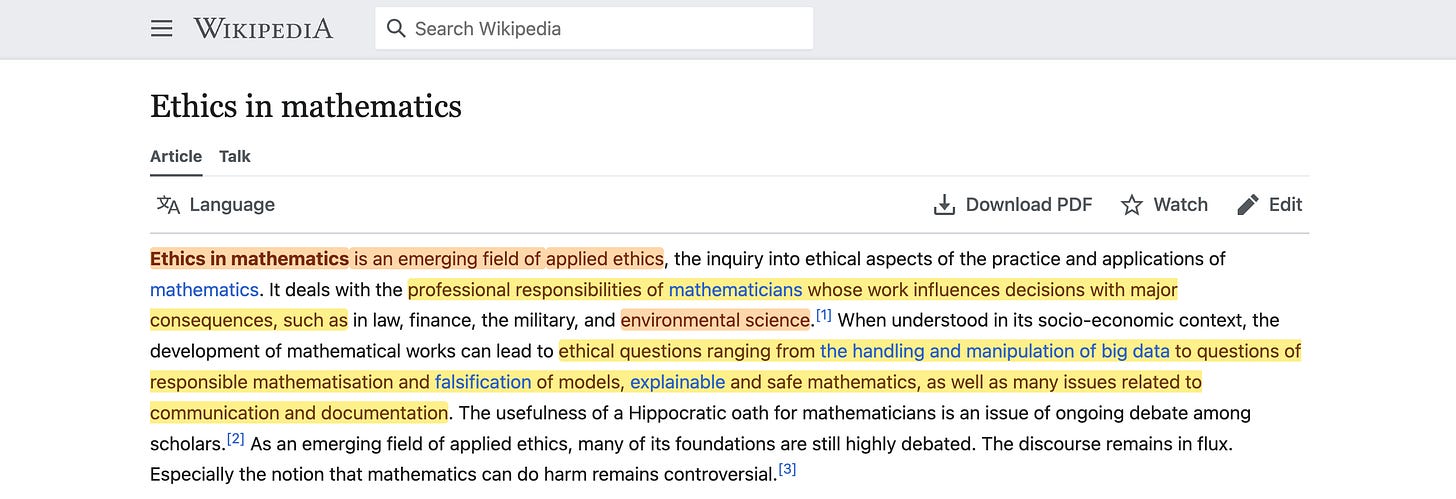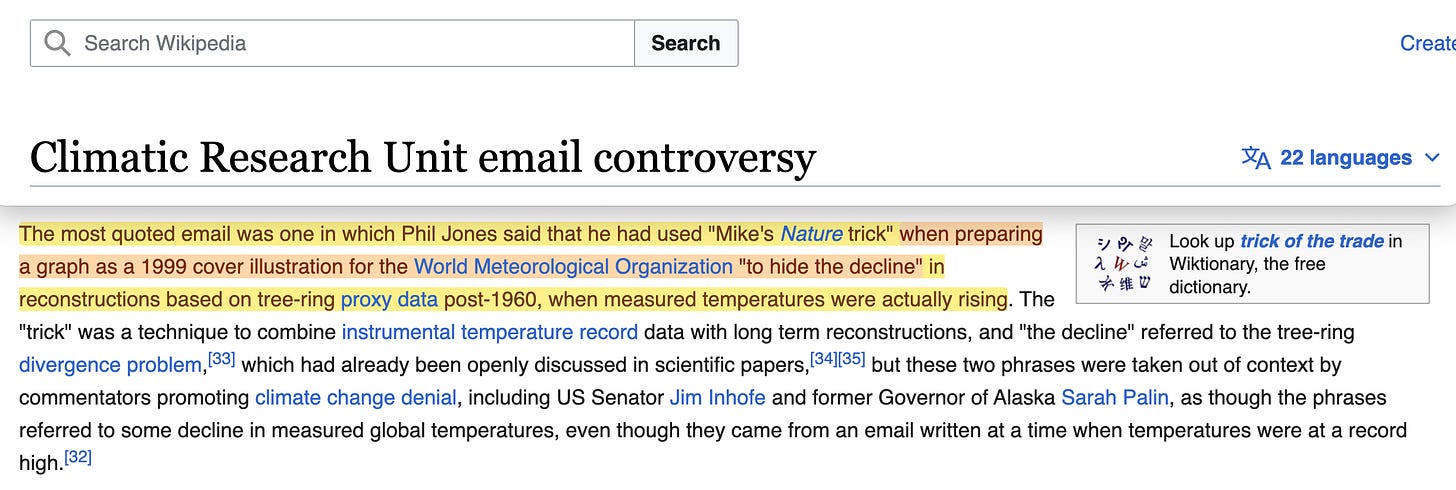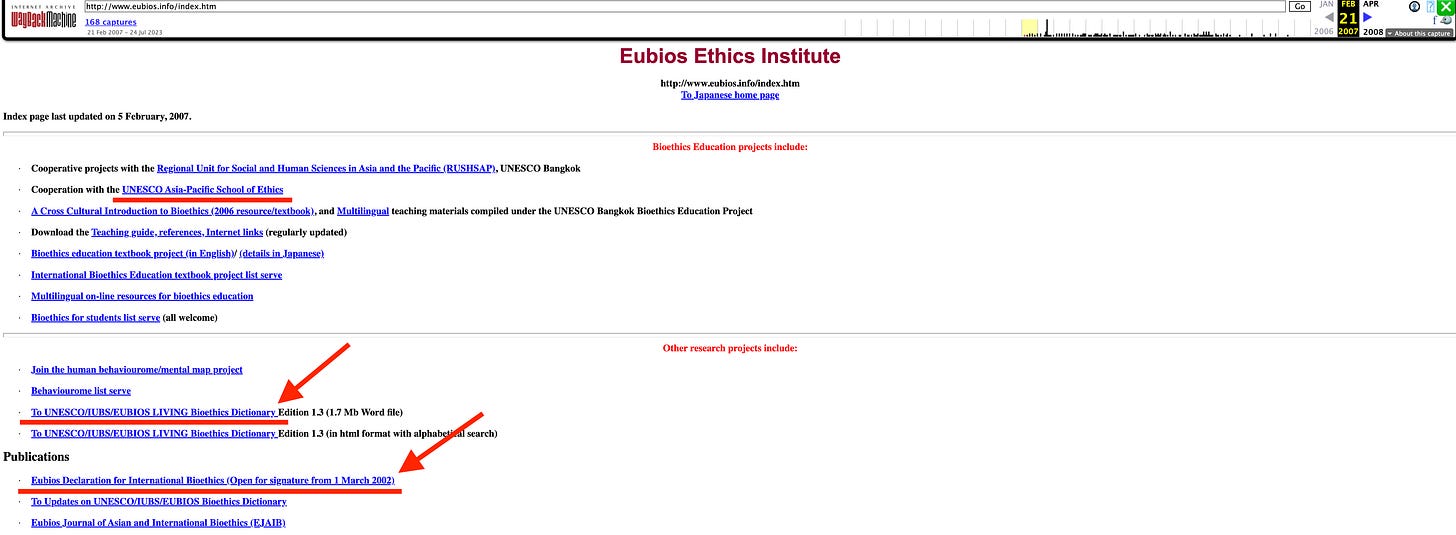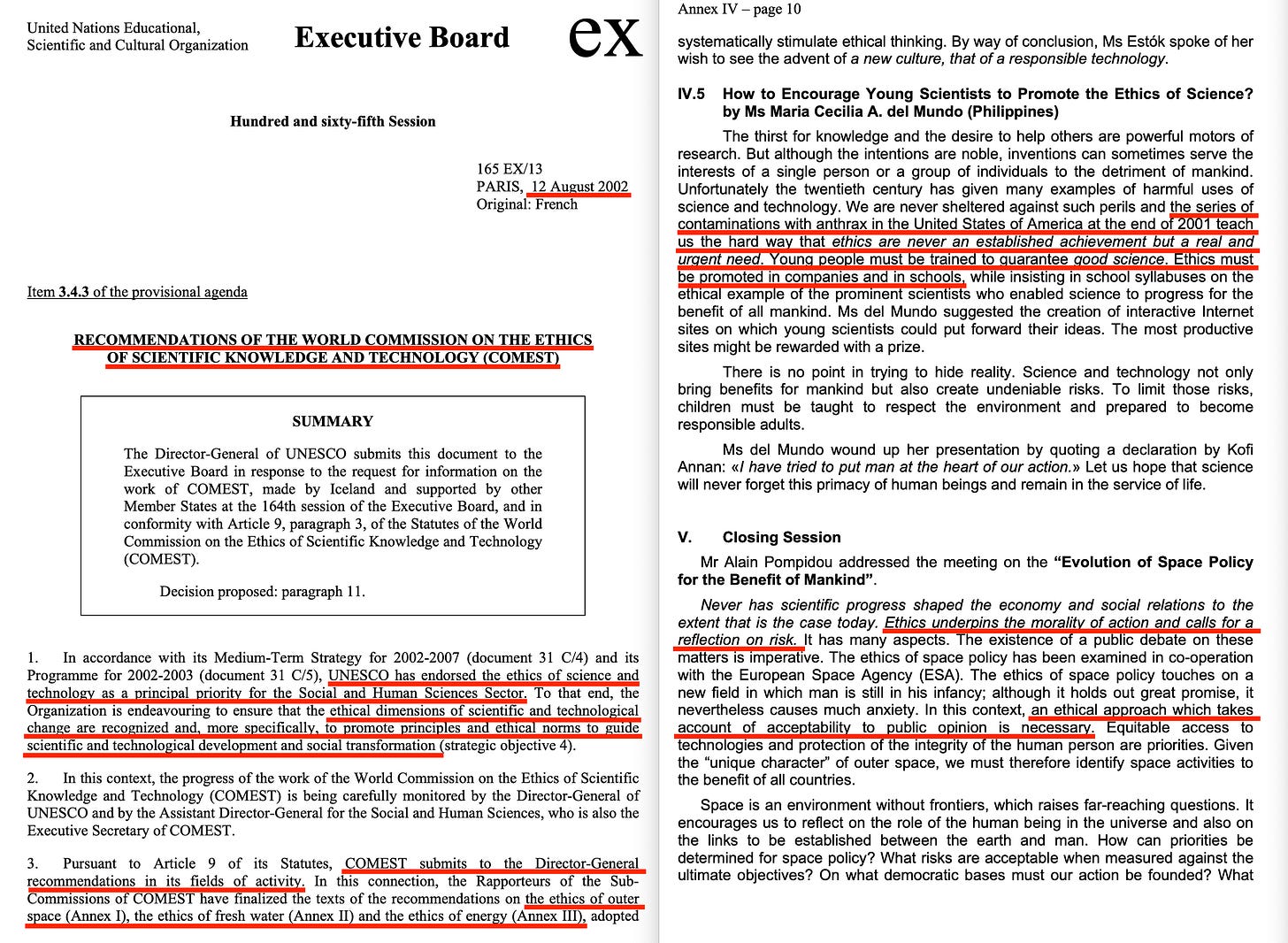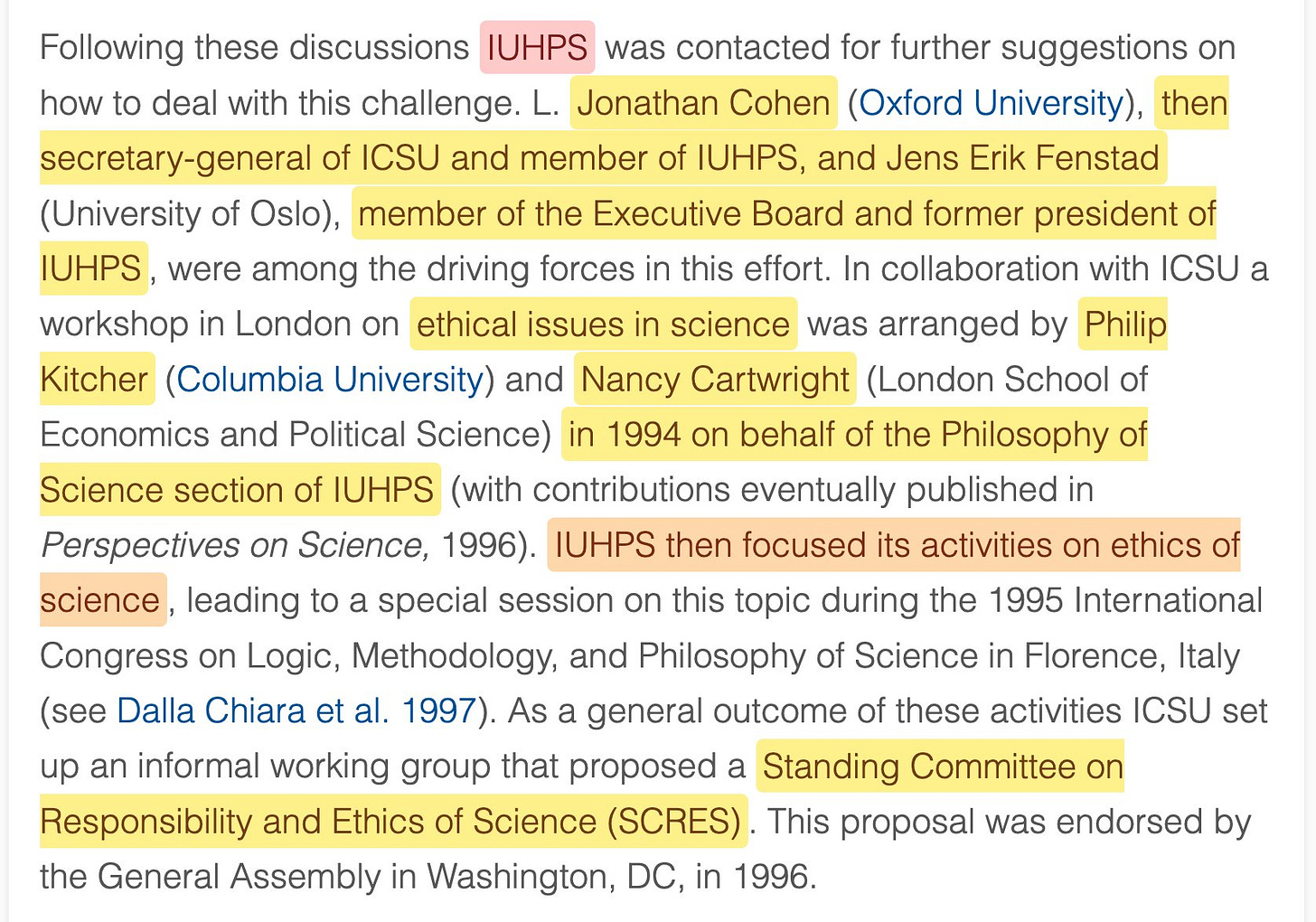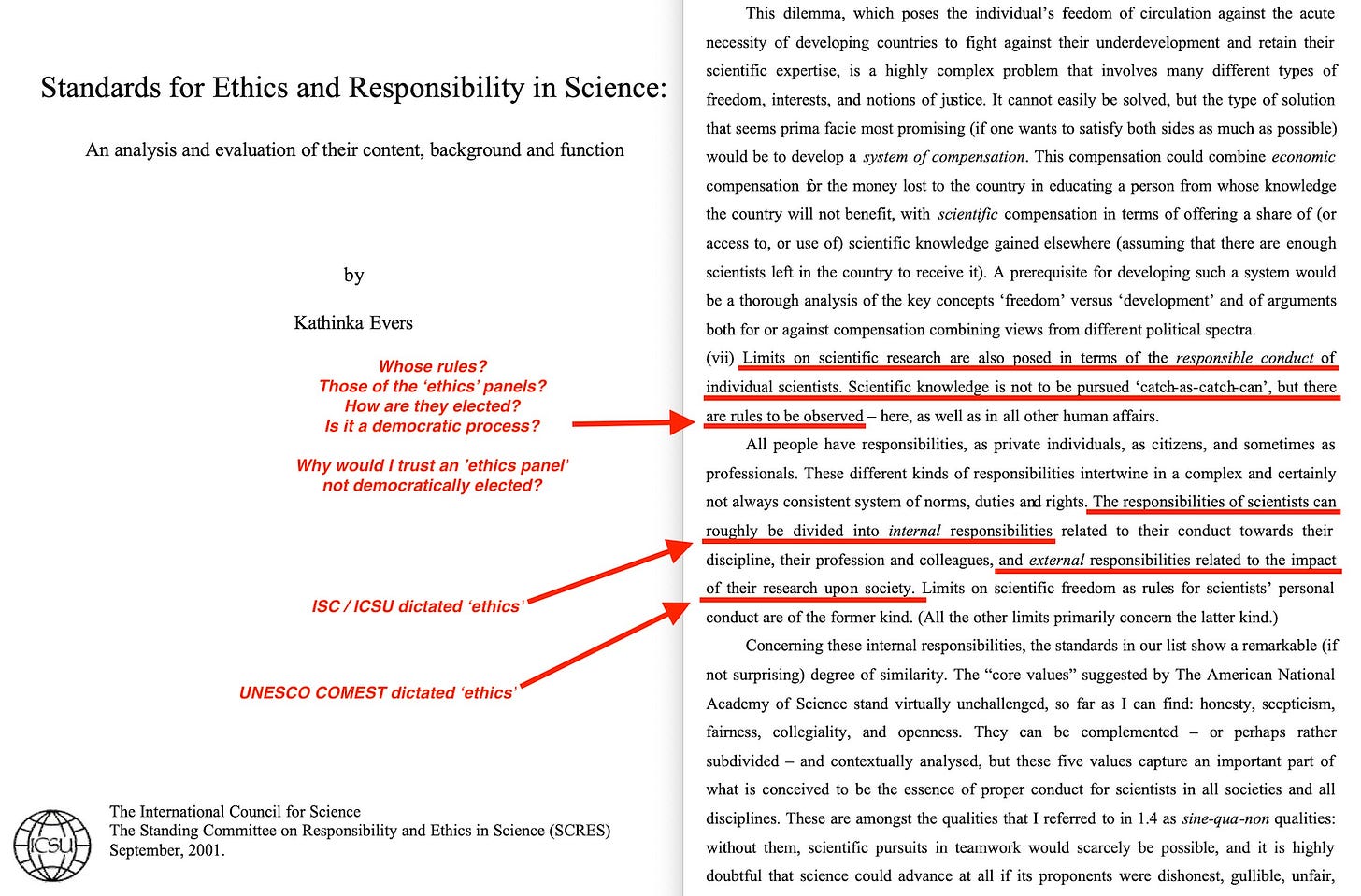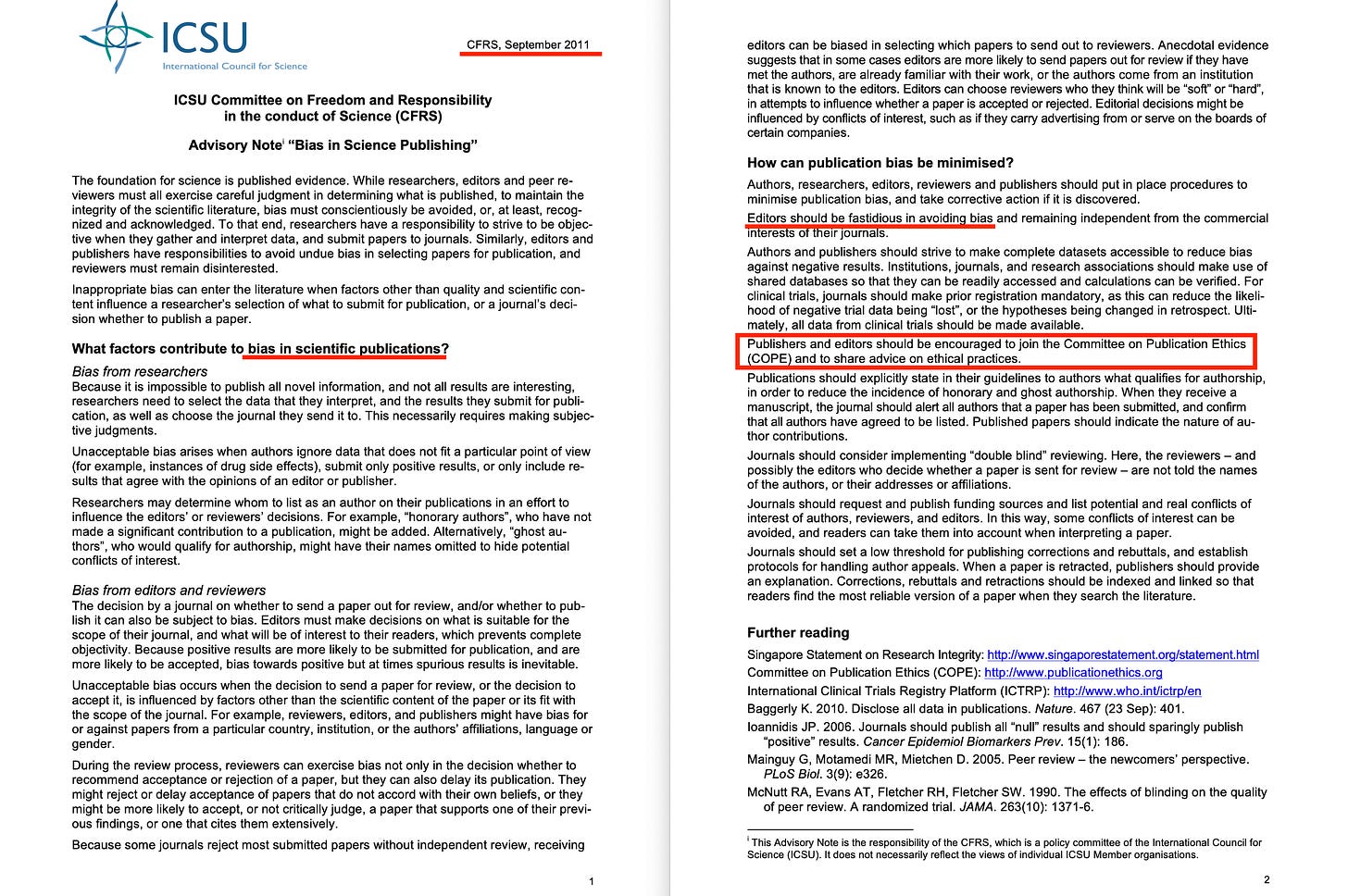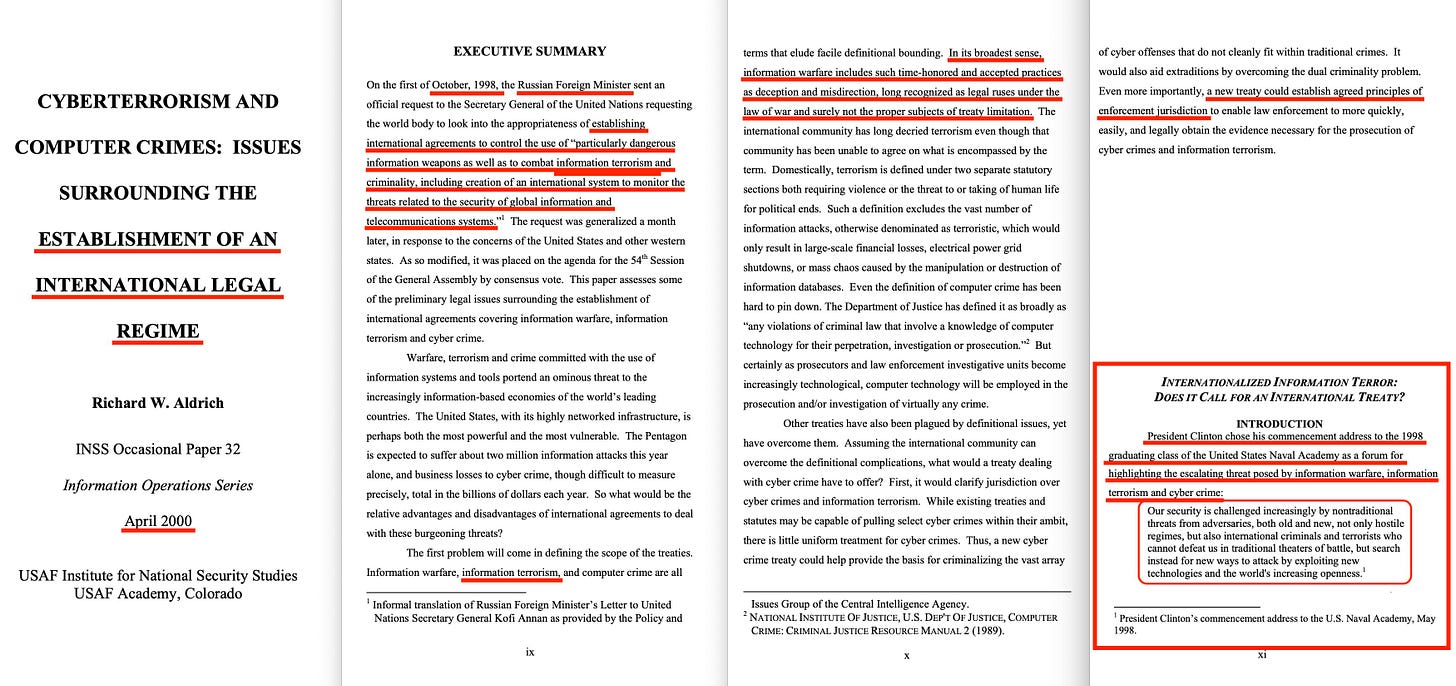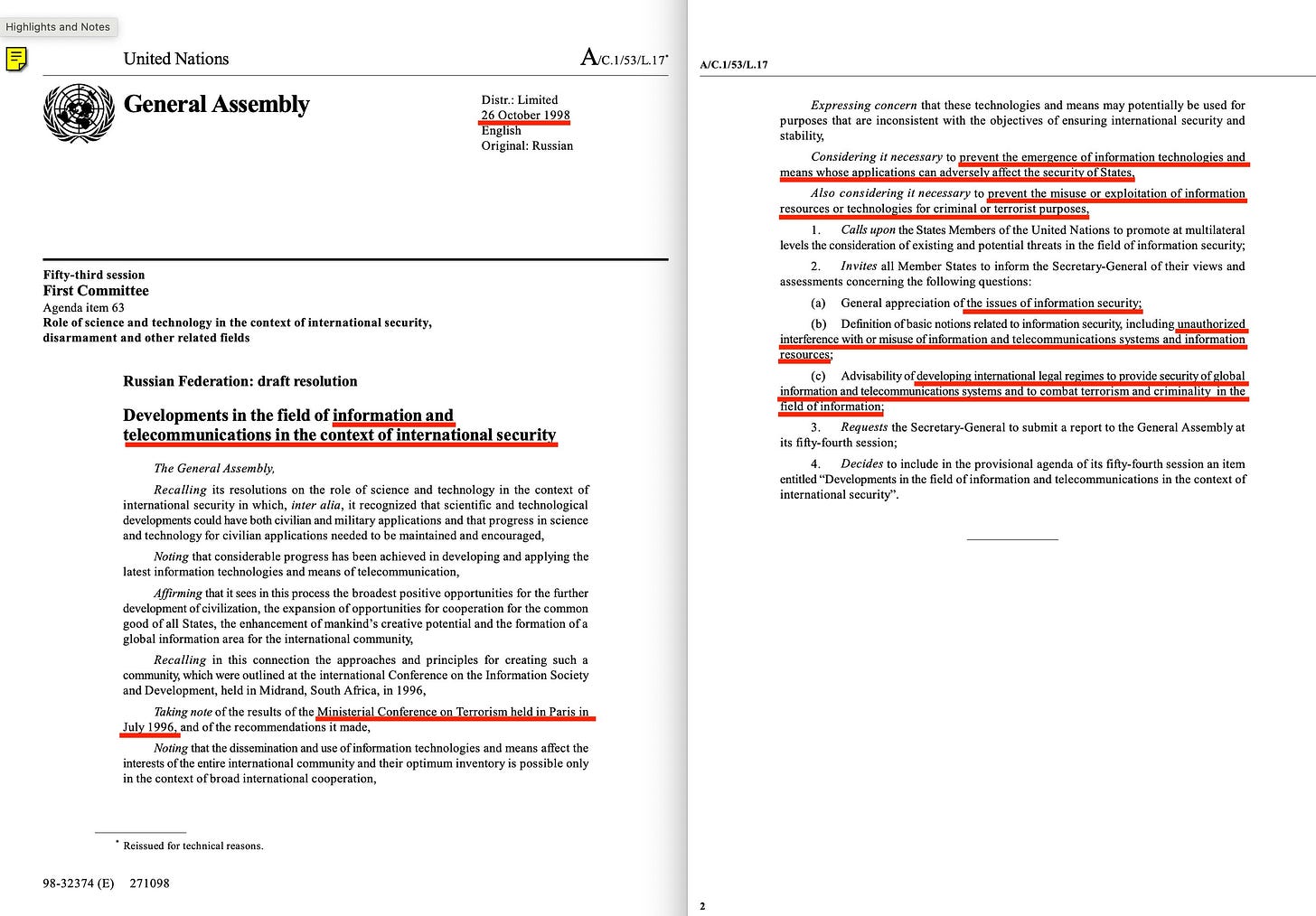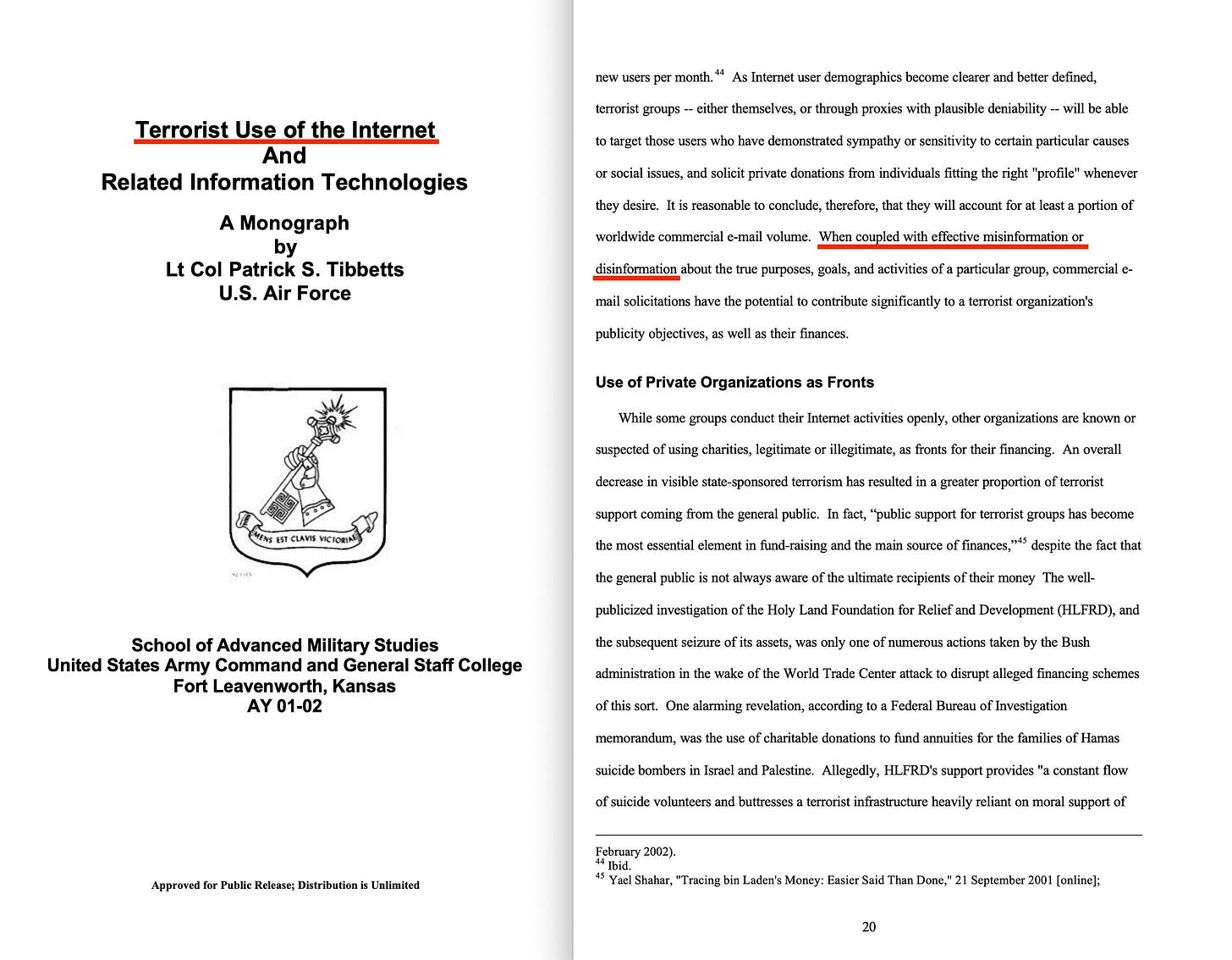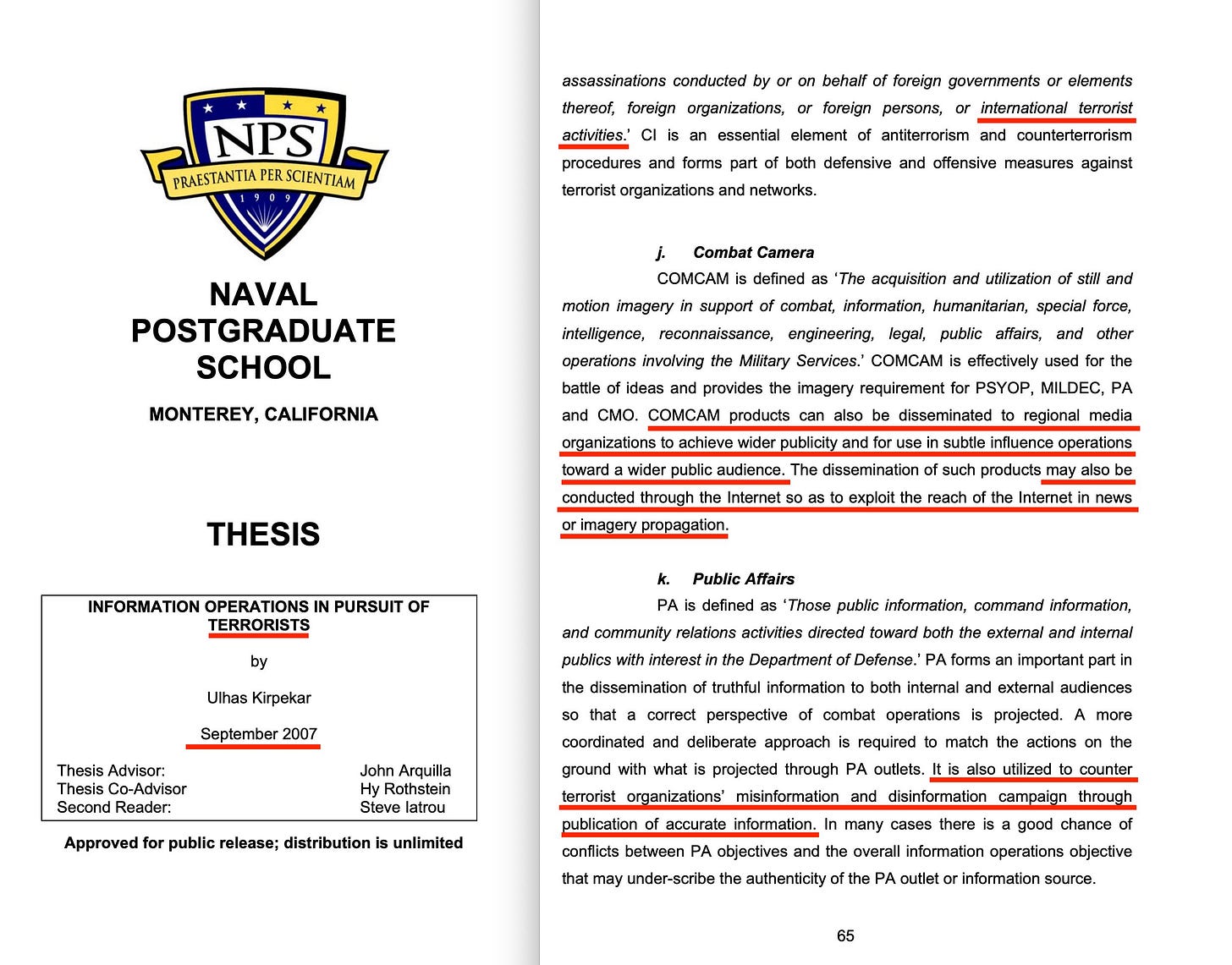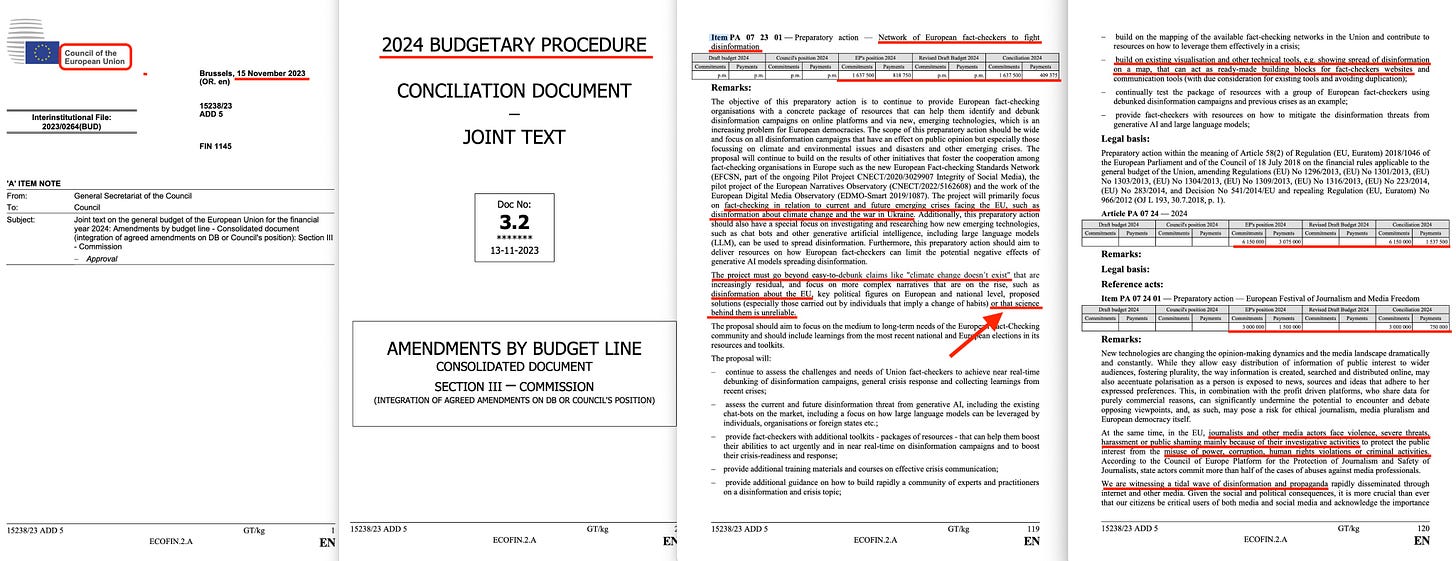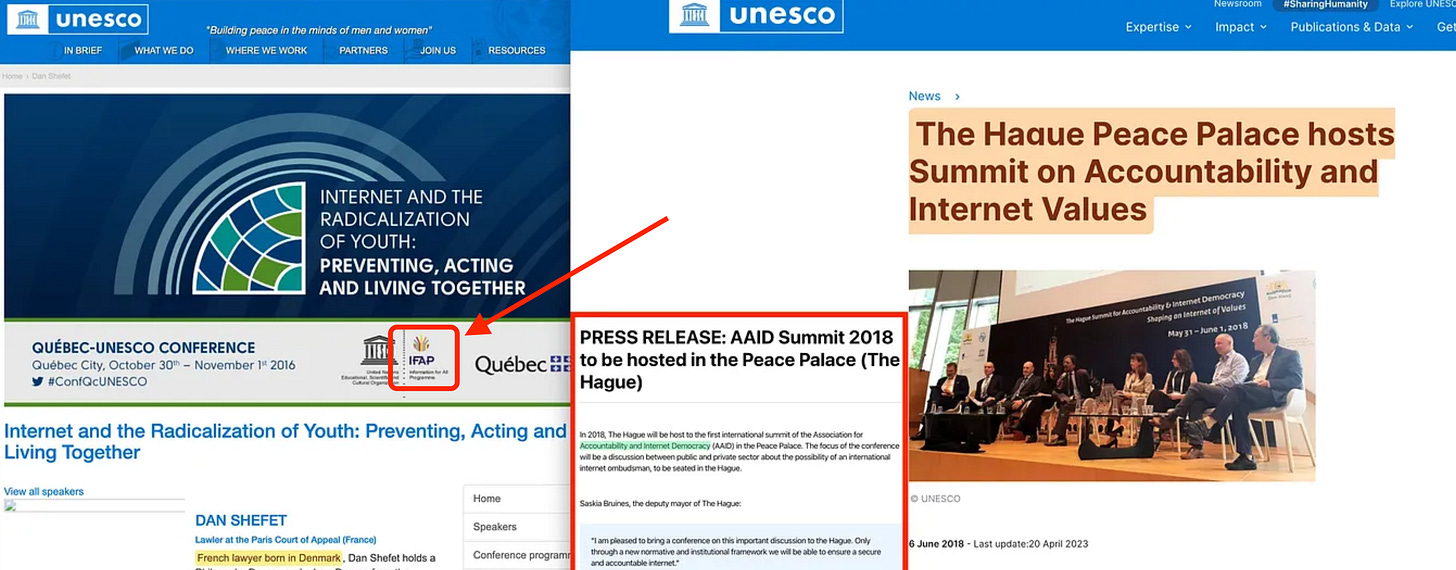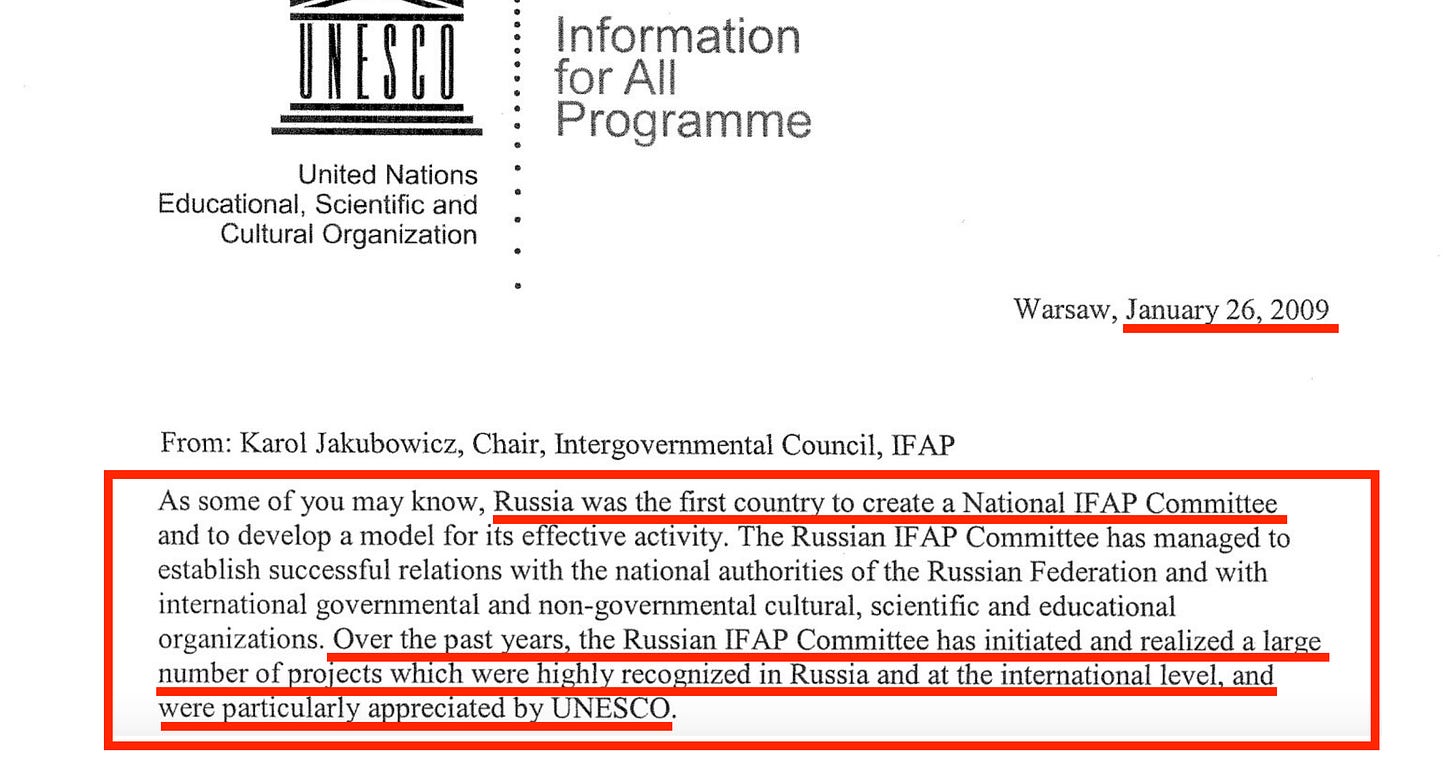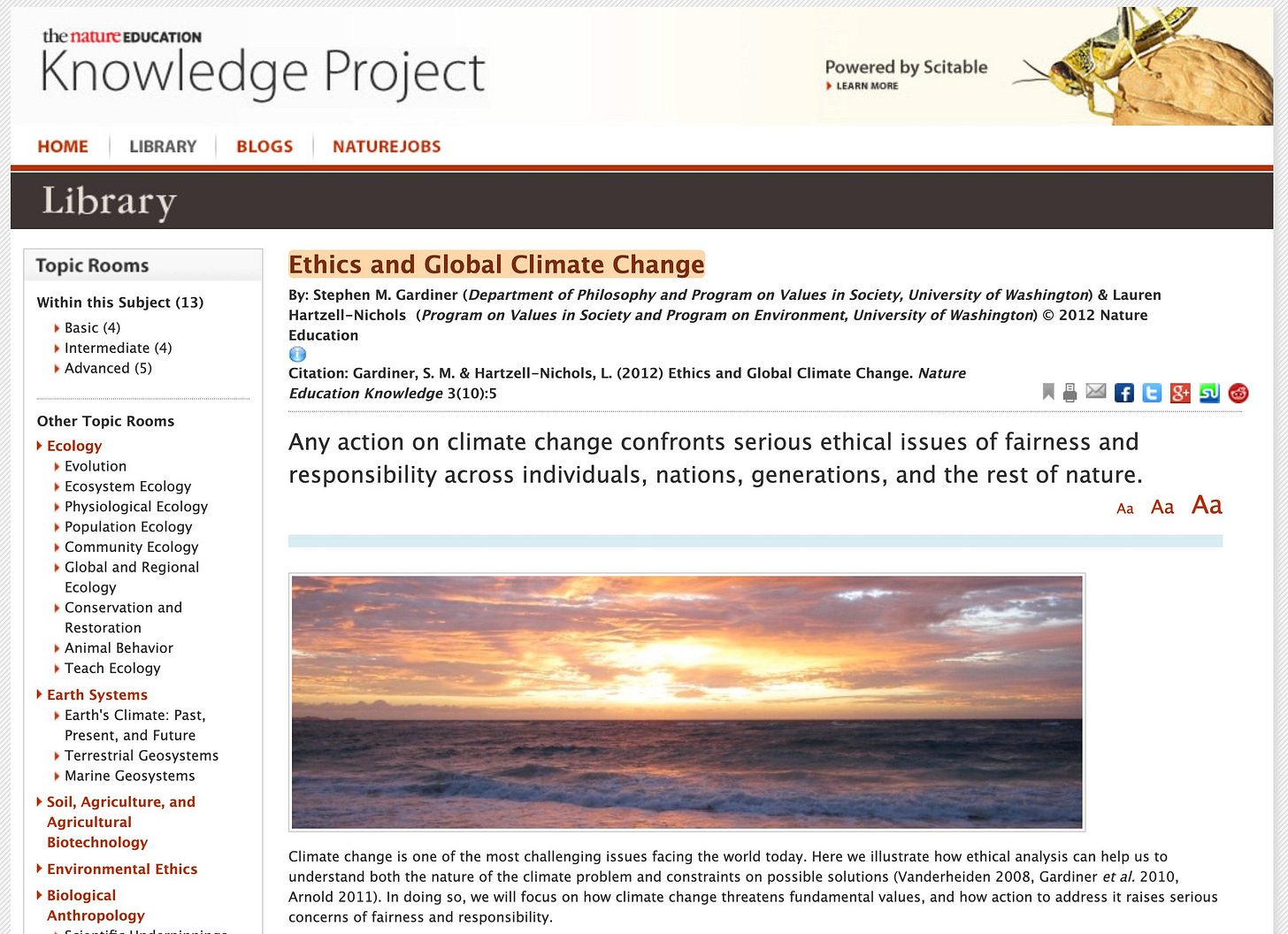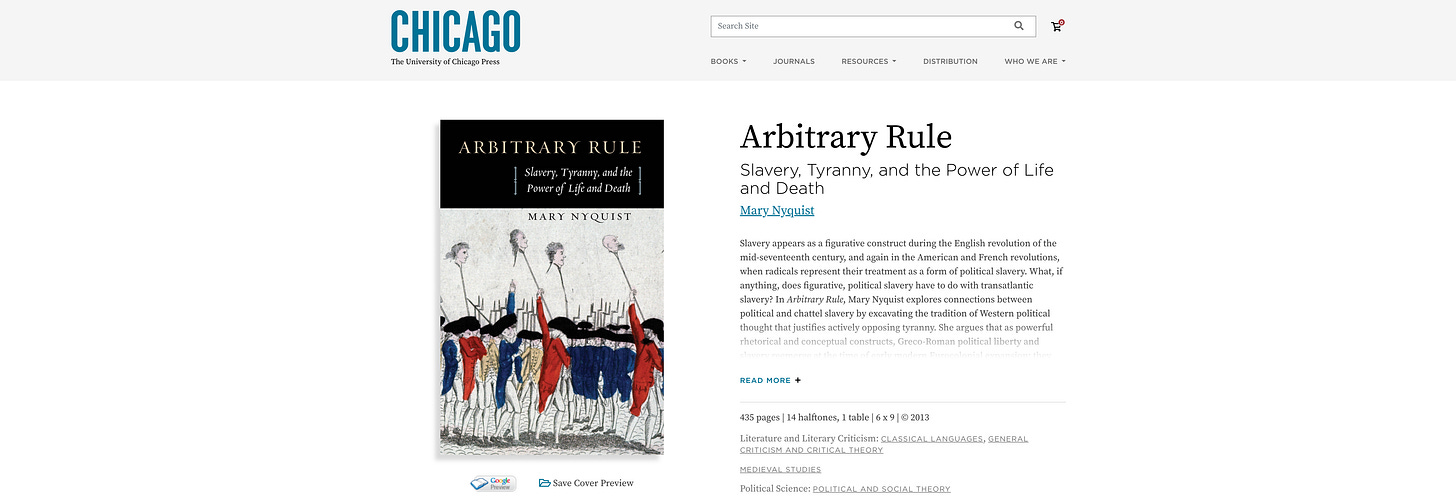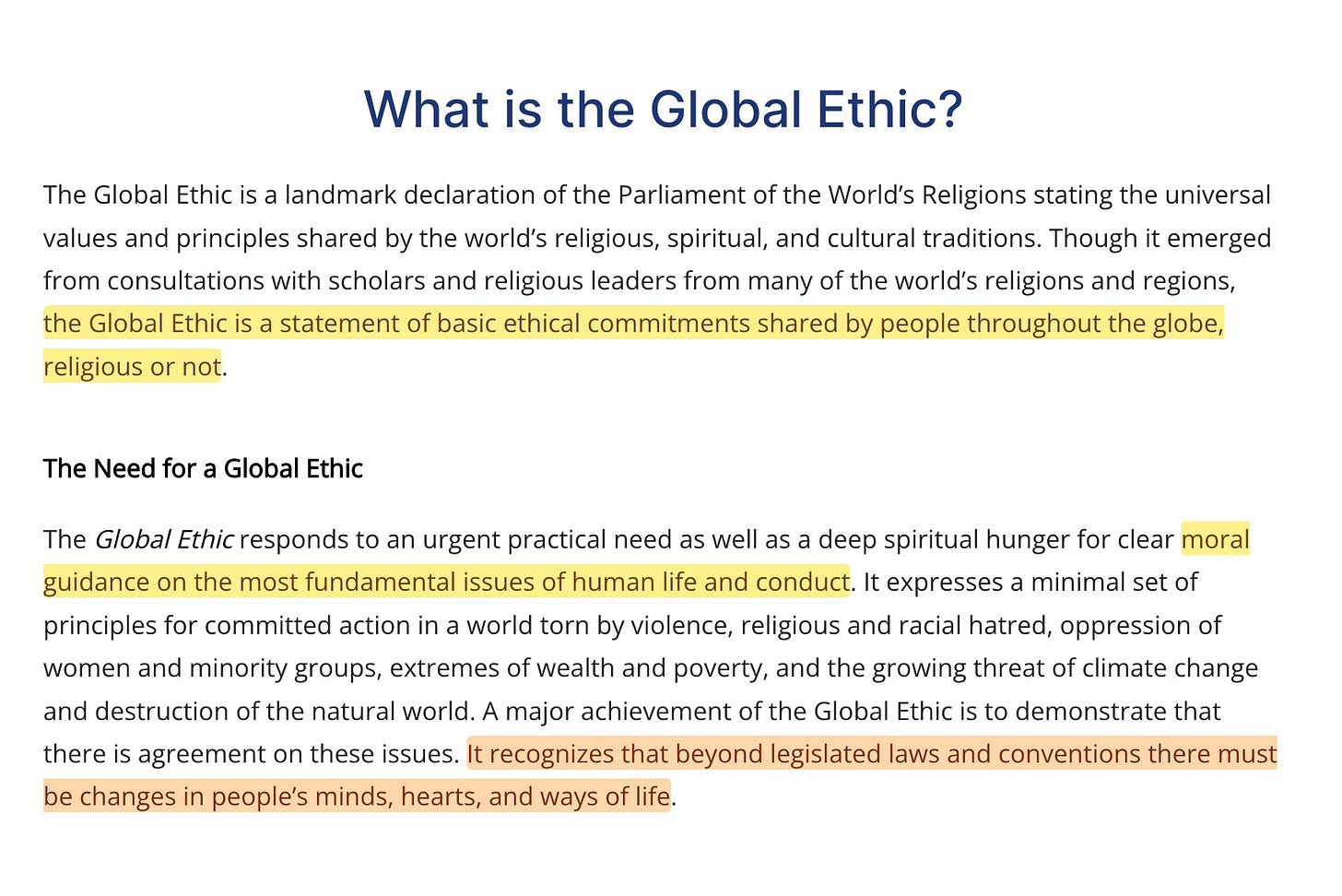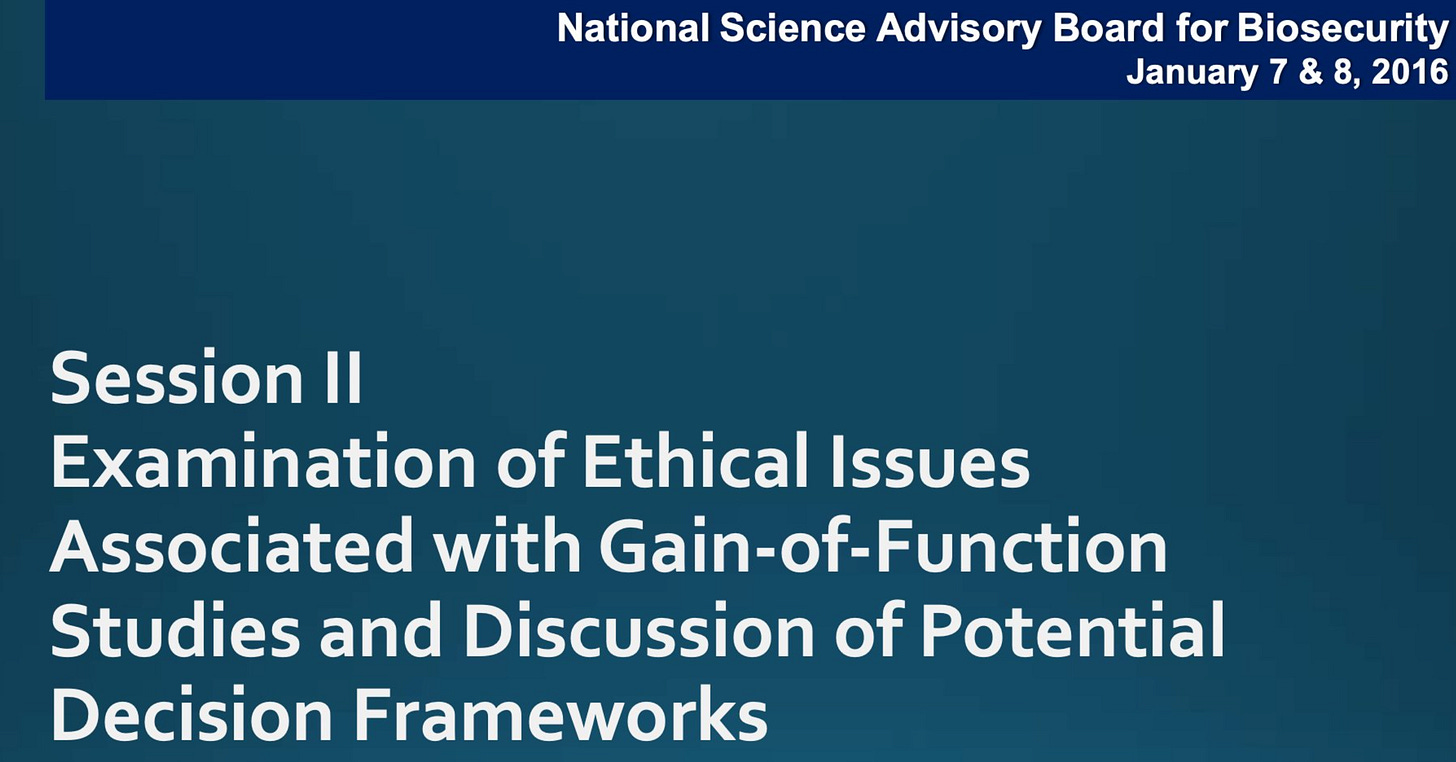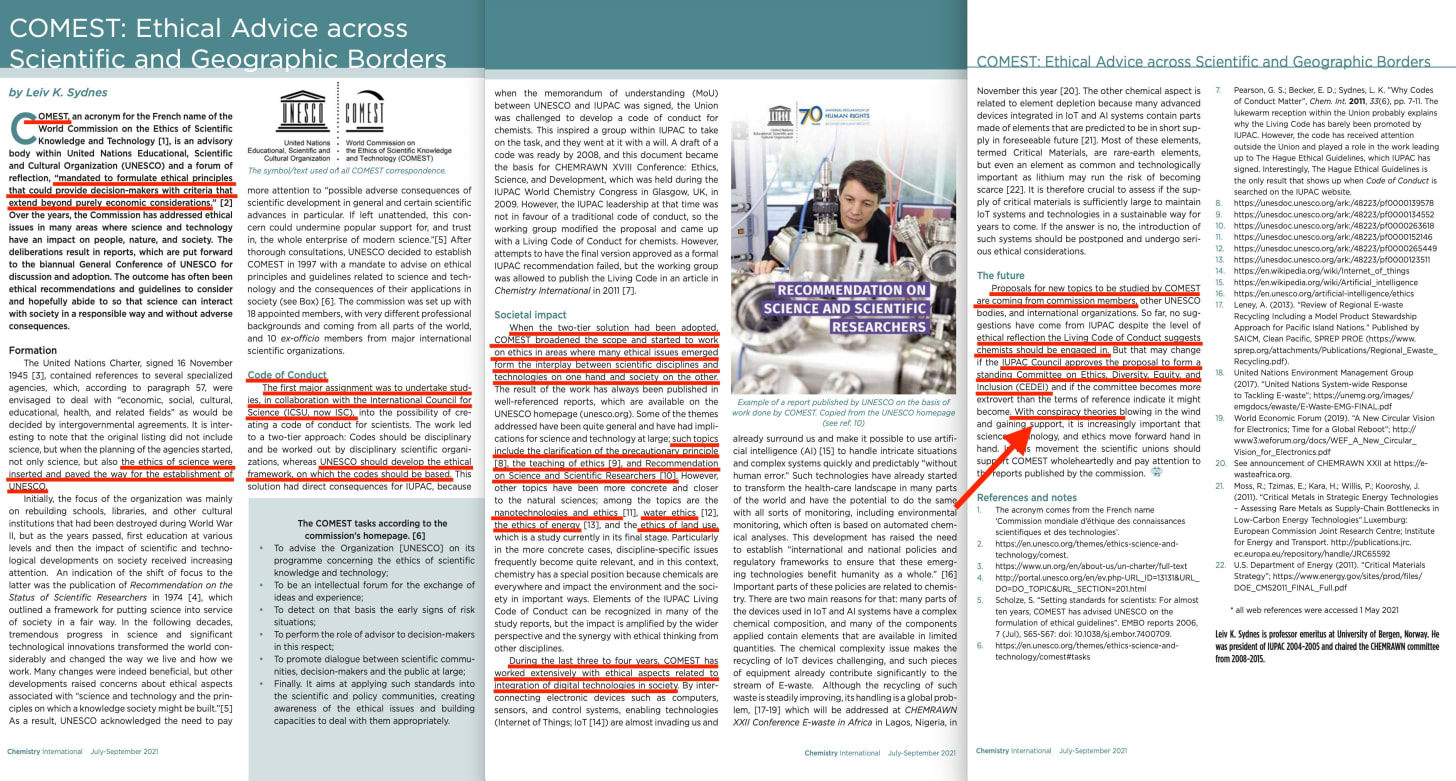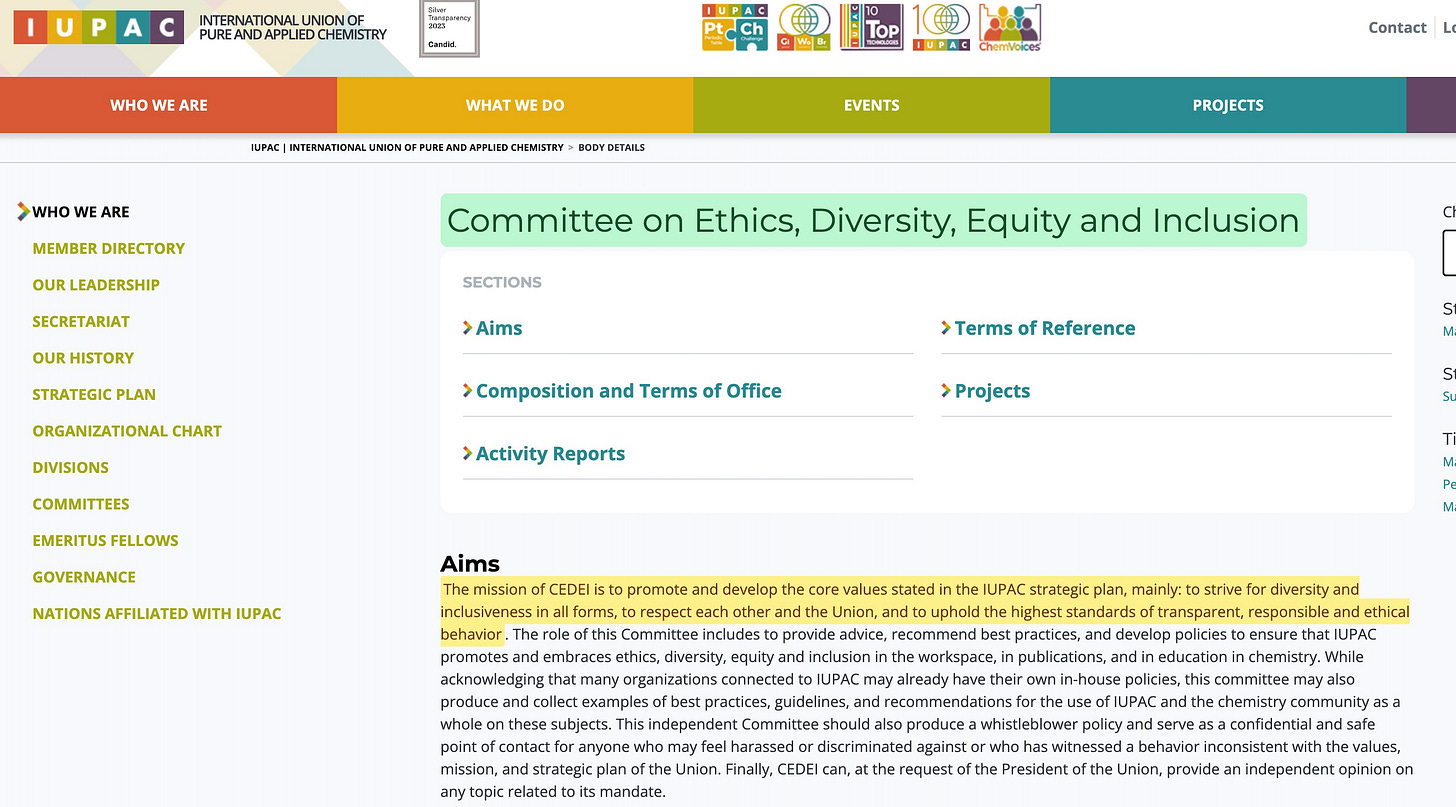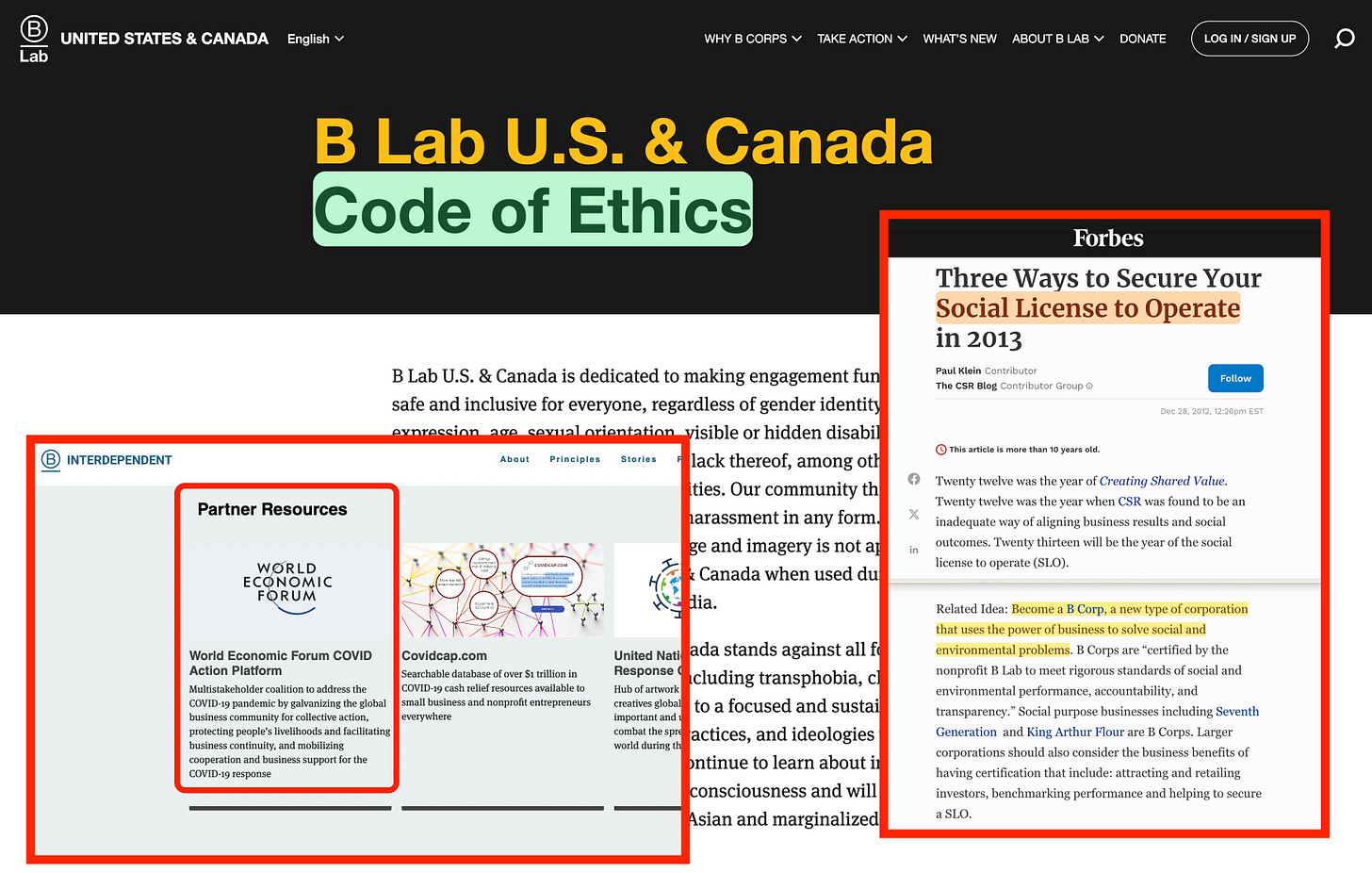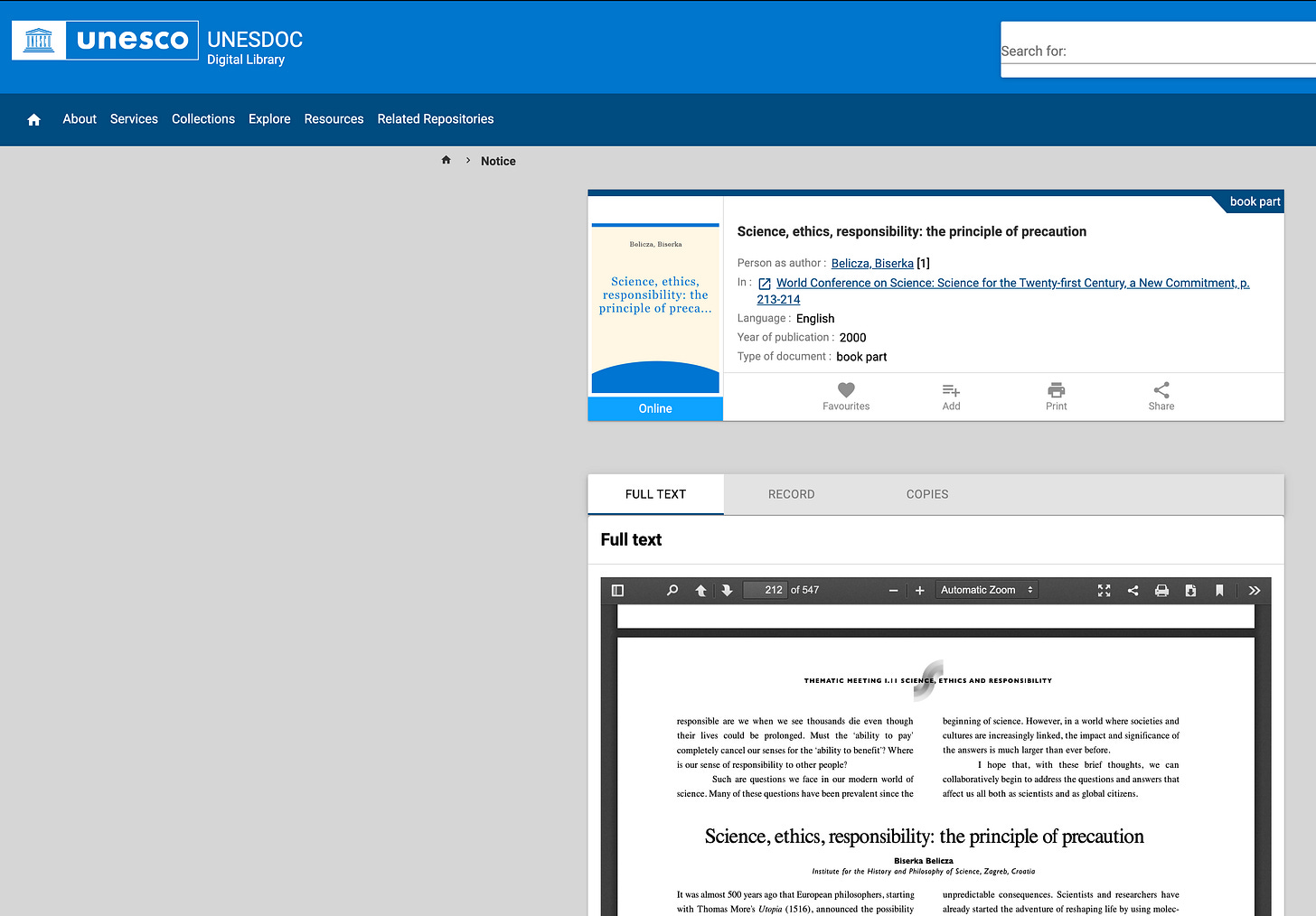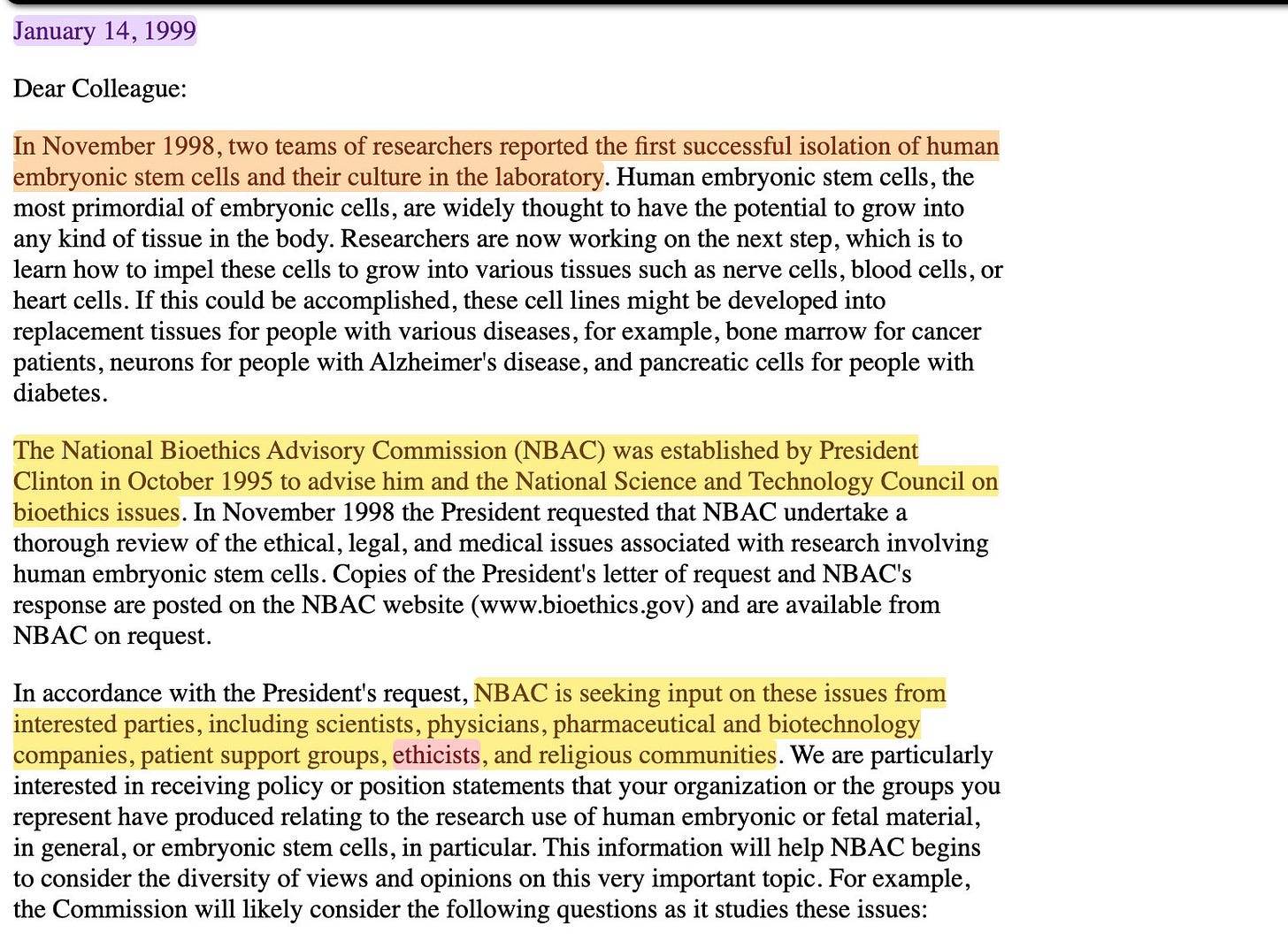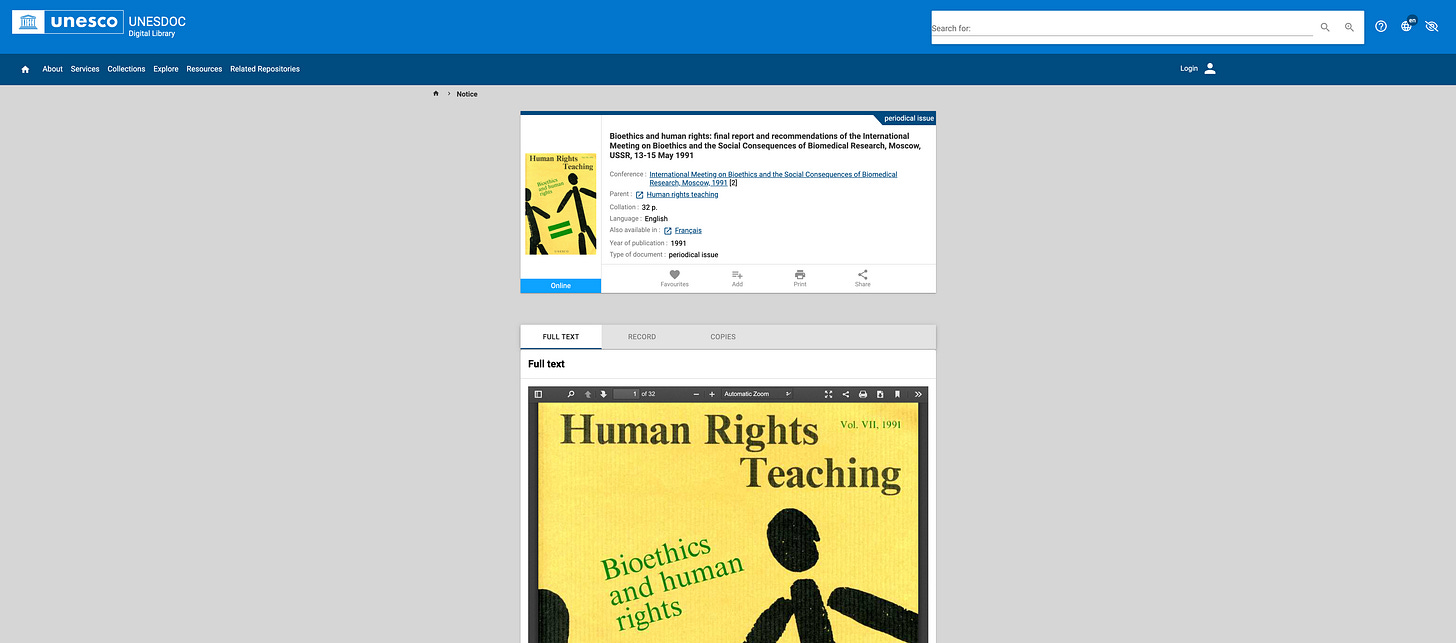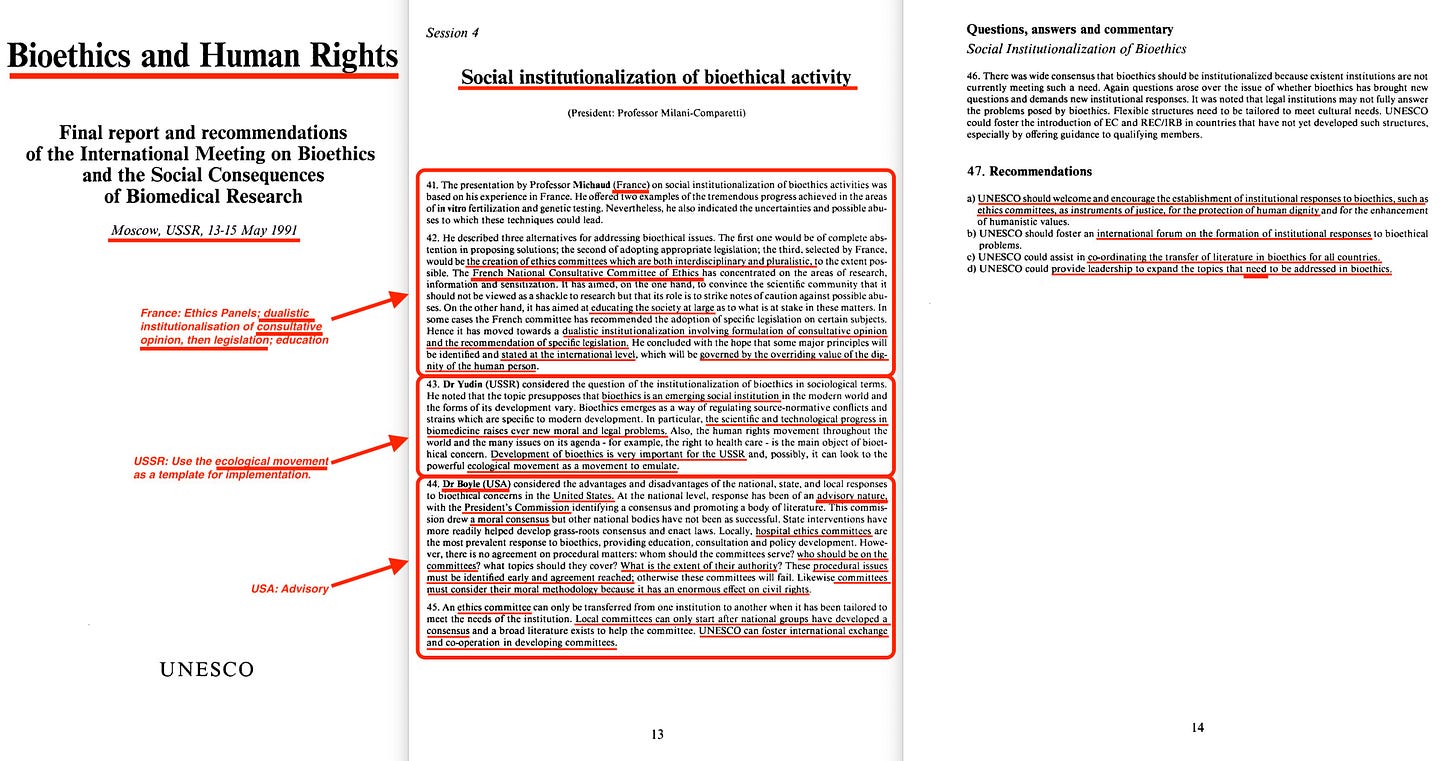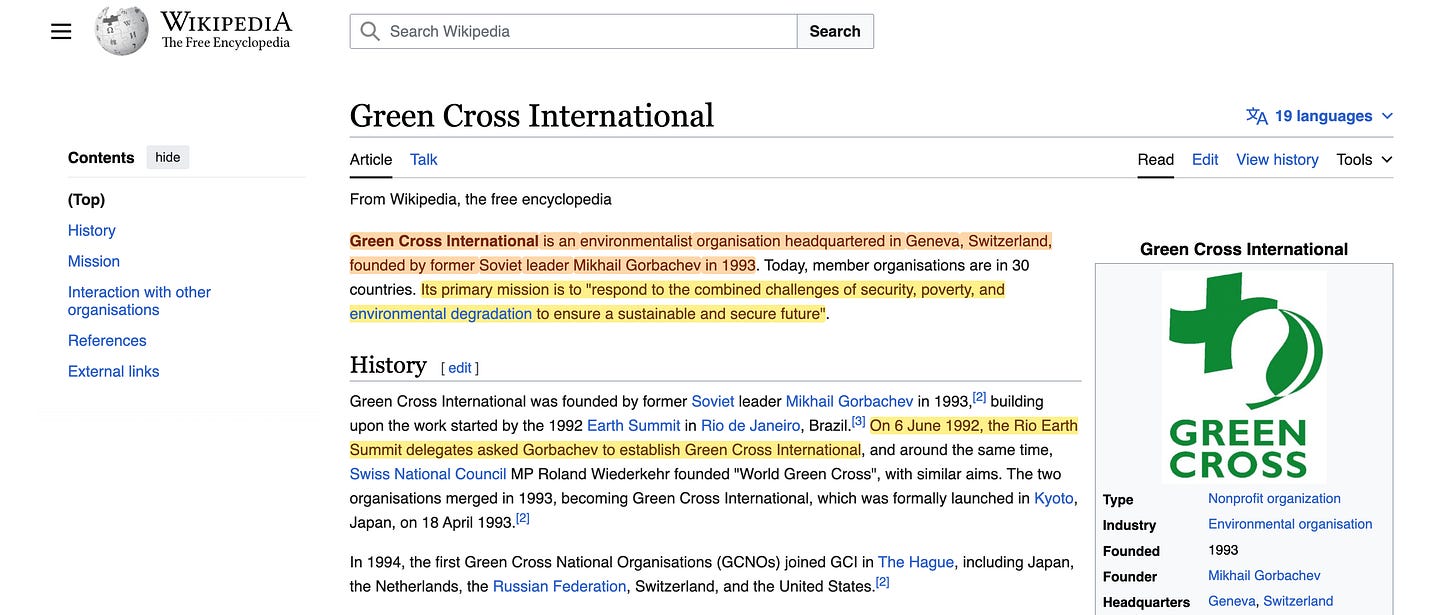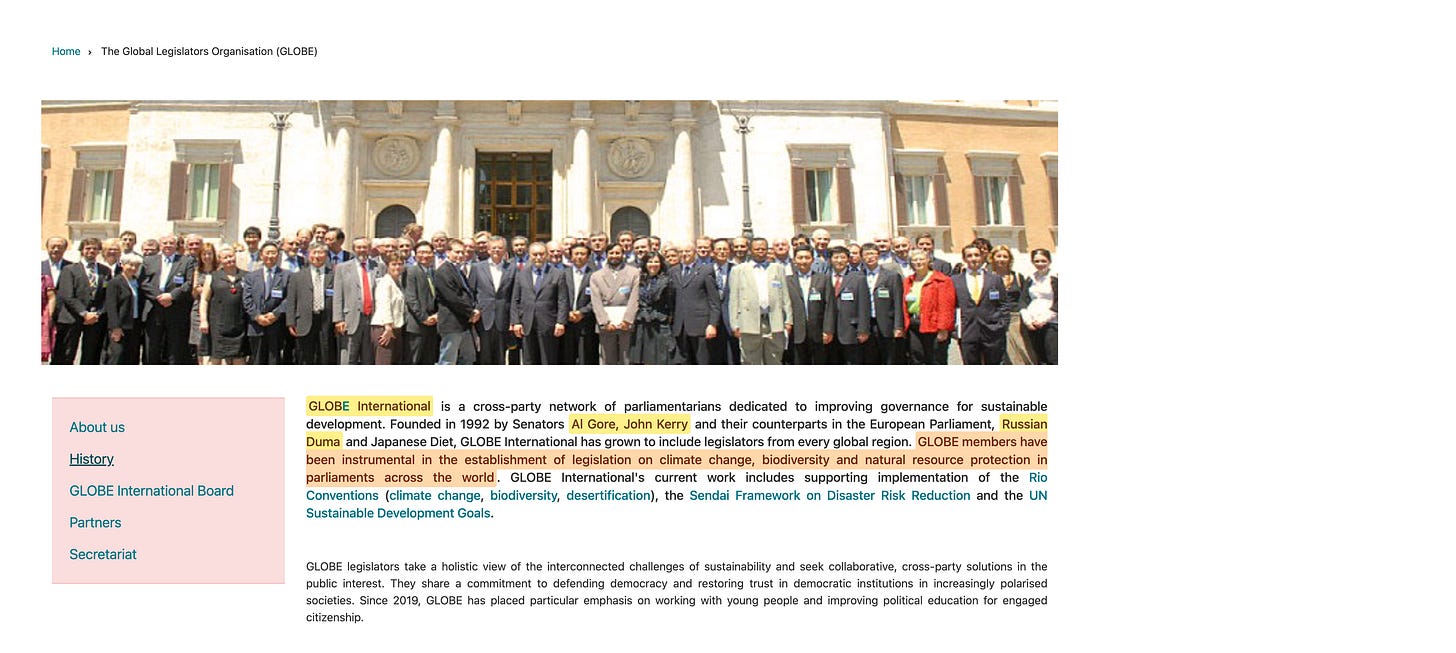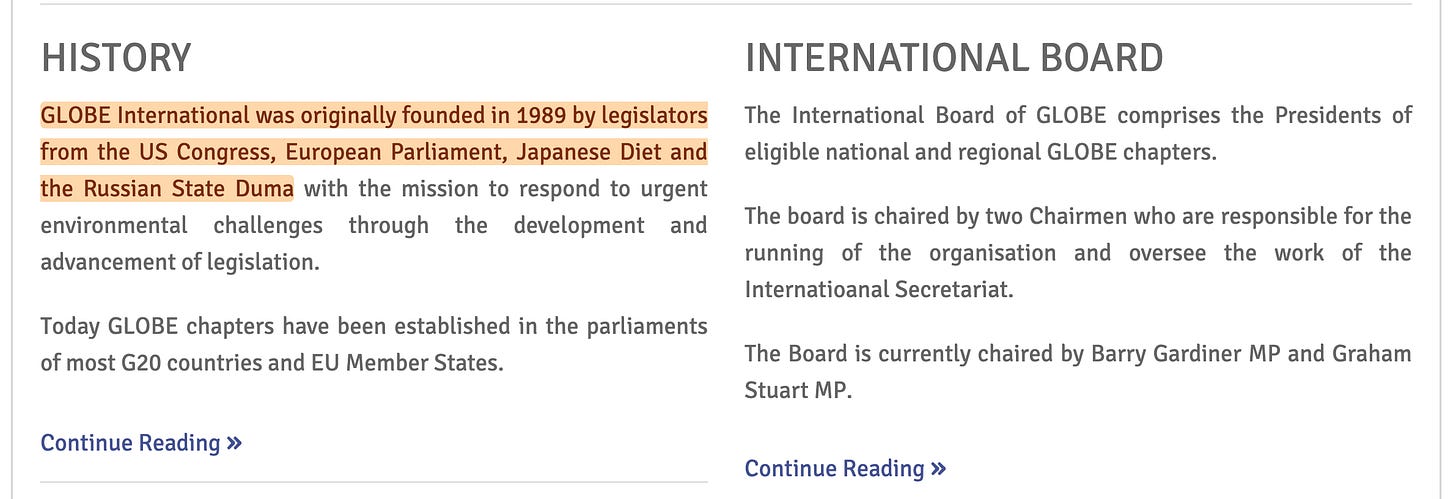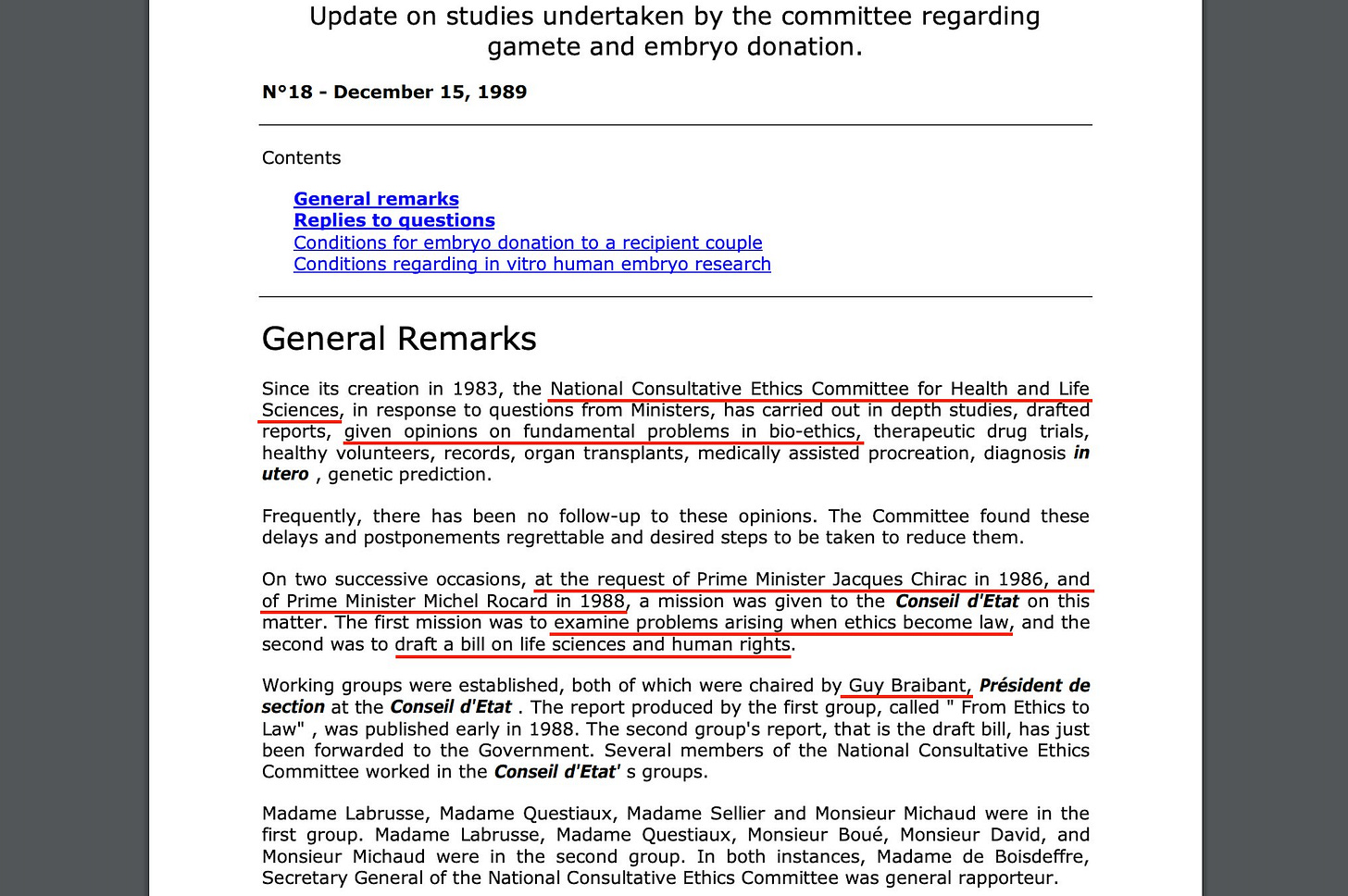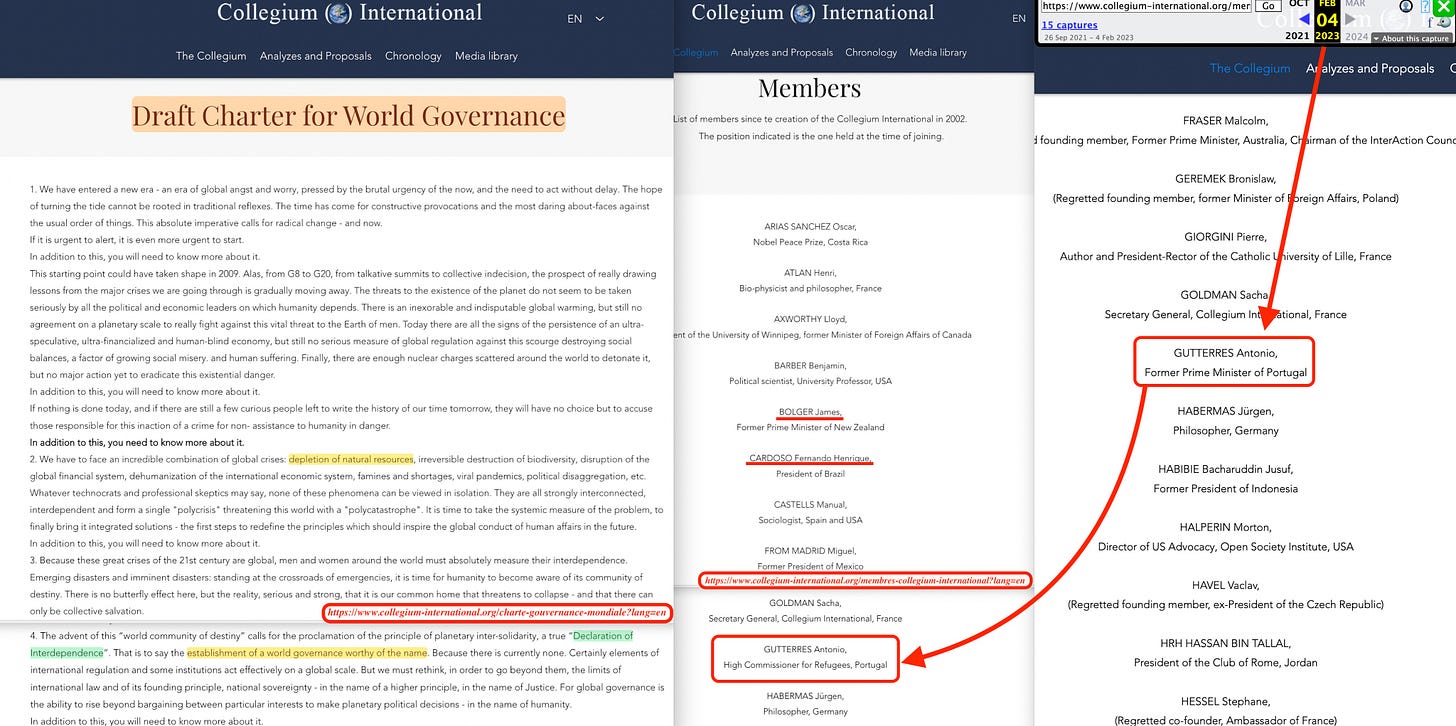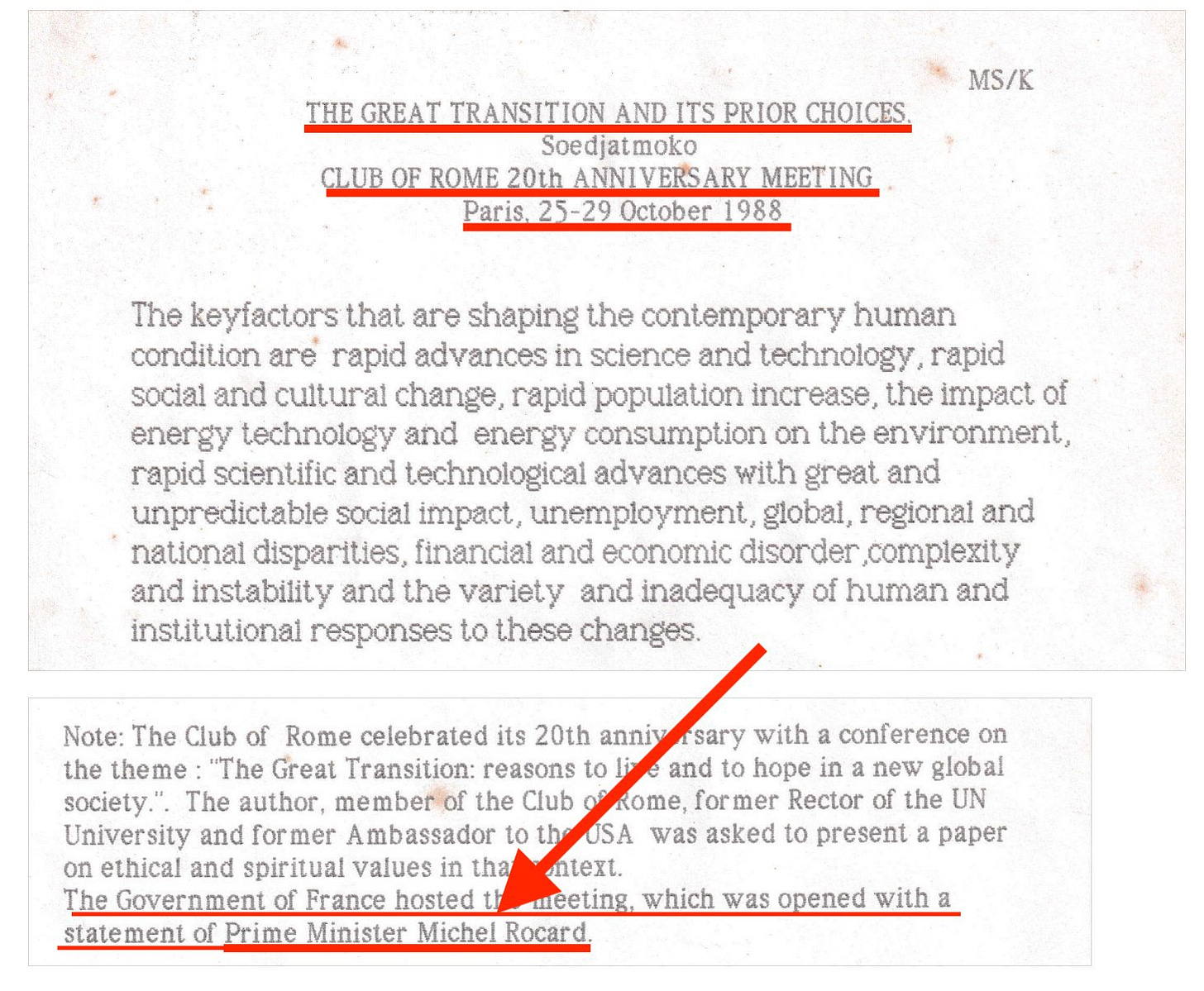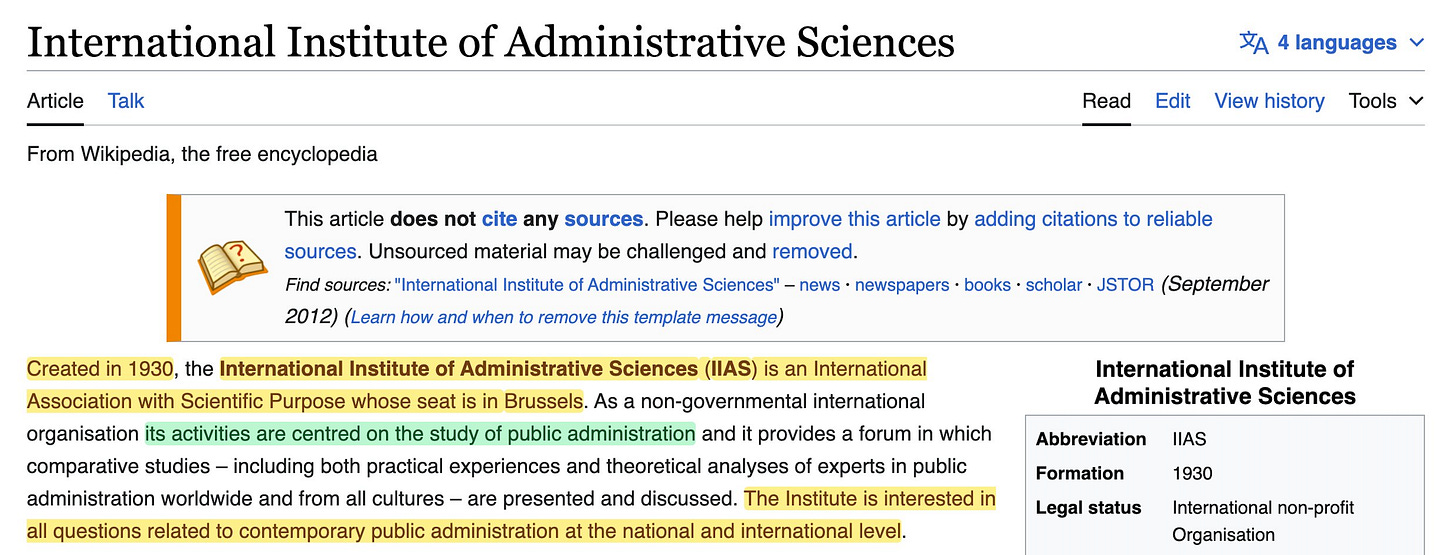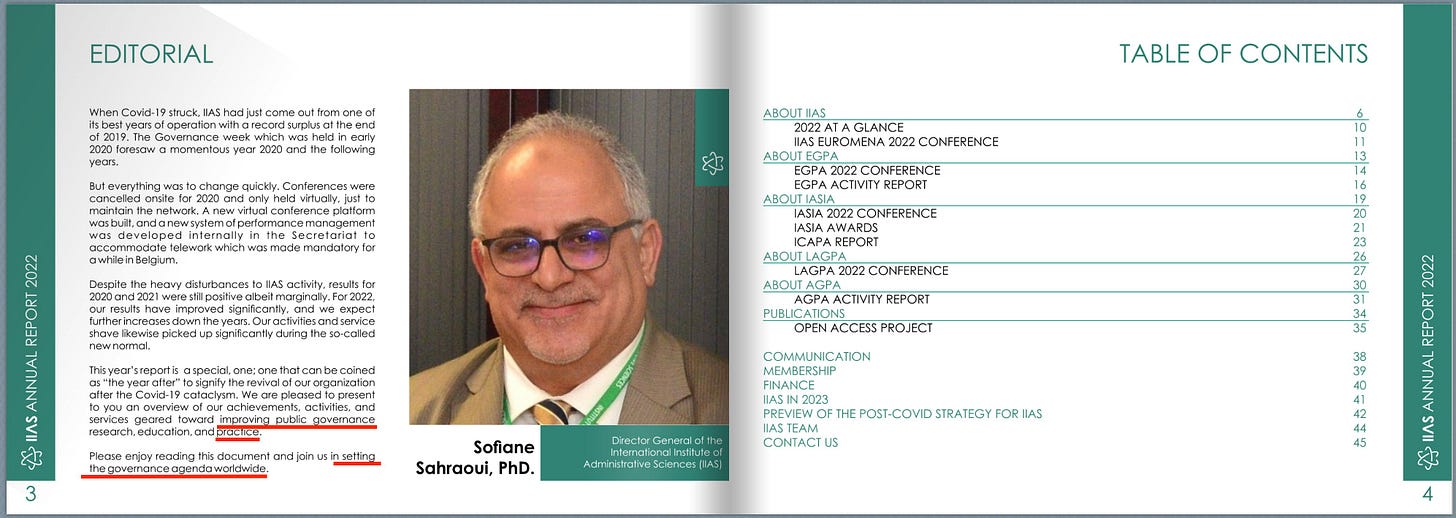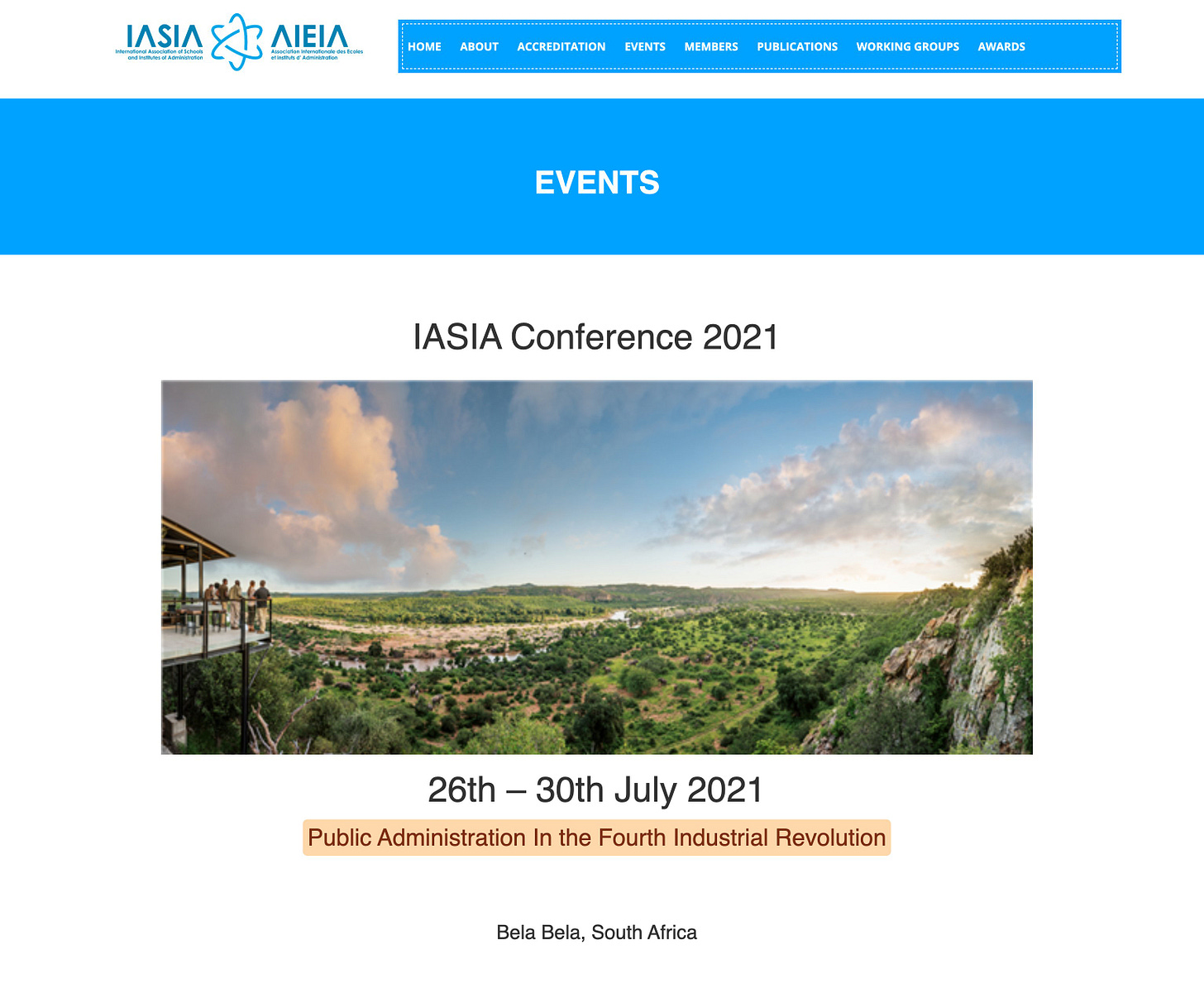The Ethical Approach
The World Economic Forum is presently meeting, addressing the single largest identified risk of the day - misinformation.
It’s a moral call1.
-
I have addressed this a few times already - subversion always starts with an alleged ‘moral call’. Of course, we’re all moral beings… with certain exceptions of course, some notable ones being gathered in Davos at present… but morals are not absolute. Sure, a few issues I hope we can agree on, like murder, theft and so forth, but other becomes more cloudy, and dependent upon context, culture, history, and so forth. In other words, they are to an extent subjective. But what the word ‘moral’ does entail, is you sticking to some level of agreed upon common framework.
And that’s where ethics come in2.
But regardless of whether you prefer to appeal to moral or ethical values, both represent a ripe oppportunity for exploitation.
During the scamdemic, many, many appeals to both were issued, a notable one being this one from August, 2020 - the Hyderabad Declaration3, subtitled ‘Access to Information in Time of Crisis – The UNESCO Information for All Programme Priorities and the COVID-19 Pandemic‘. From Chapter 4 on Information Ethics -
‘Citizens and countries should maintain their right to privacy whilst also respecting the right to information during times of crisis. This is moral balancing act, in consideration it not only promotes universal access to quality and accurate information, but also supports the right to be forgotten‘
First off, the ‘moral’ call is present. And it’s in a section on 'information ethics’. But it also drags in the ‘right to be forgotten’. And as we shall see, there’s a very good reason why that’s included - especially, when considering -
‘Establish a communication strategy as well as a multi-stakeholder involvement for communication of COVID-19 data and information considering its complexity, ensuring high ethical standards and engagement by those involved to avoid counter-productivity‘
Followed by -
‘… develop a centralised Digital Repository for Universal Access to and Digital Preservation of Documentary Heritage‘
What these quotes combined means that they will remove information from historical archives, with which they disagree, private actors will influence this process, and you should go along with this because… well, because it’s a ‘moral’ call.
So do be quiet while the adults are speaking.
It also states that -
‘Debunk disinformation/misinformation – During the COVID-19 pandemic, social media have been sites of ‘infodemic’ fuelled by myths, stigmatisation, conspiracy theories, and rumour-mongering that have led to serious consequences. It is essential to build collective fact-checking capacities of local communities to counter misinformation‘
I’m sure you’re well familiar with all those absurd ‘fact’ ‘checks’ during the scamdemic, so I won’t bother with those. But where it truly goes off the rails is here -
‘Events and crises such as these should not be about issues of influence or persuasion and false senses of moral or ethical superiority. First and foremost, it should be about long term public good. Ideally, an international advisory body with public good and public interest as its core concern and able to cut through the subjectively politicised layers of the information domain to provide objective assessments and advice (easily accessible), could potentially break or at least weaken the current cycle.‘
No, the best way is to set aside those ‘moral’ calls, along with those seeking to ‘influence’, is to centralise all determination of what’s true and what isn’t.
Yeah, a Ministry of Truth. Which, of course, won’t be about influence at all.
Cool story, bro.
Regardless, the World Economic Forum has now declared war on… let’s face it… free speech. Because it’s the one thing stopping them from pushing through the agenda.
But where did all this come from? The West used to love freedom of expression. In fact, the Supreme Court has repeatedly struck down challenges4 by ‘free speech’ advocates, who subscribe to the David A Kaye definition of free speech, a similar of which you no doubt would locate in a Soviet dictionary, circa 1975.
I won’t waste too much time on him, but in short he simultaneously believes that free speech should be curtailed for the ‘respect of the rights or reputations of others’, while repeatedly going after Elon Musk is less than flattering terms.
That sort of person.
Oh, did I mention that he’s a member of the Council on Foreign Relations, and used to occupy a job with the United Nations5 on the topic of… free speech?
I covered this topic a while back, and in short, he’s also part of the Transatlantic Working Group6 along with Damian Collins (UK Tory MP), and Michael Chertoff, and a whole range of WEF regulars, all working to suppress free speech. But naturally, they don’t call it that, but rather ‘Content Moderation Online and Freedom of Expression’.
All that - and much more - on the topic of the Global Digital Compact -
In that article, I ultimately traced it back to the Broadband Commission, which is an ITU-UN collaboration. Of course, the ITU is also an UN agency, meaning it’s another United Nations project. You can find their funding partners7 over here - gee, the WEF.
Regardless, their working group over here8 is that of interest, because in short, their report ultimately describes throttling content with which they disagree.
Freedom of speech, but not reach.
This report was the second of two, released in 2020. The first dealt with the more limited scope of protecting children online… yeah, it’s always about protecting children. And the work on the first of those two started in 2017. But … trouble is, that isn’t really an end point in itself. But looking into the origins of the Broadband Commission9 yields a hint. See, it wasn’t just the United Nations, but specifically UNESCO launching this commission. Yeah, them again.
UNESCO is a somewhat different matter, especially given the recent topic of the International Council of Scientific Unions, who as soon as UNESCO opened their doors in 1945-6 essentially became the ‘S’ in UNESCO -
But before we get to that, I want to address something else - the concept of the ‘right to be forgotten’10. In short, it’s about the right to privacy, about having information removed from search engines, given context -
The first nation in Europe to consider said was France in 2010.
And a few years later, Google found itself sued by Dan Shefet11, who wanted specific links removed from the internet. And this, in fact, had ramifications outside of France.
Shefet used this to launch the ‘Association for Accountability and Internet Democracy‘12. They had the solution ready. An ‘internet ombudsman’ - as was also suggested above, in the Hyderabad Declaration.
Now, in 2016 the AAID arranged an event; the International Summit of the Association for Accountability and Internet Democracy (AAID) in the Peace Palace in The Hague. And this is one of those coincidences… UNESCO held an identical one, at the same location, and virtually the same title, though with no mention of AAID.
However, this was made up for later in the year, as they arranged yet another conference, this time on the ‘radicalisation of youth’13, at which Dan Shefet was a speaker.
This led to the 'Call of Quebec’14, which recommended ‘implementing measures for preventing radicalisation’, along with ‘development of consistent counternarratives’.
Measures.
The document itself can be found here15. In the meantime, it’s gone missing from the internet. They won’t come right out and tell you they’ll they will censor, but pretty obvious from the Broadband Commission where this was heading.
So the ‘right to be forgotten’ in other words enables destroying information, ie, censorship. And further, narratives should ‘be countered’ using ‘measures’. And finally, Shefet’s solution is an internet ombudsman, also outlined by the Hyderabad Declaration.
But where does all this come from?
Well, 2013 saw the launch of the ‘Rabat Declaration’16, from where we learn -
‘Self-regulation, where effective, remains the most appropriate way to address professional issues relating to the media. In line with principle 9 of the Camden Principles, all media should, as a moral and social responsibility and through self-regulation, play a role in combating discrimination and promoting intercultural understanding, including by considering the following…‘
All media should combat disinformation. It’s a moral responsibility. But even this has prior art, as suggested above.
The prior art is from 2009, and it’s the ‘Camden Principles on Freedom of Expression and Equality’17 -
‘States should not impose any restrictions on freedom of expression that are not in accordance with the standards set out in Principle 2.2 and, in particular, restrictions should be provided by law, serve to protect the rights or reputations of others, national security or public order, or public health or morals, and be necessary in a democratic society to protect these interests.‘
It’s a pro-censorship document, pretending that it’s not, which also helpfully suggests an ombudsman to solve the problem. And yeah, it’s that ‘moral’ call again.
If you further progress to the appendix, you’ll find those working on drafting the document. And why, it's Barbora Bukovská - who's also a member of the censorious 'Transatlantic High Level Working Group on Content Moderation Online and Freedom of Expression', thereby establishing a link between the two efforts.
What are the odds?
But the document is short of references. Apart from a few of links to the International Covenant Act from 1966, it appears a dead end. Bummer!
Well, except that we still have the UNESCO link to work with. And it just so happens that they launched ‘COMEST’ in 1998, or more specifically, the ‘World Commission on the Ethics of Scientific Knowledge and Technology‘18.
And COMEST in 2009 were active in regards to19 -
‘These and other reports will be discussed at the forthcoming session of the World Commission on the Ethics of Science and Technology (COMEST), to be held in Kuala Lumpur, 15-19 June. COMEST will be finalizing its report on Ethics of Climate Change, which is on-line for comment as well.‘
Yup, ethics and climate change.
… and you know who else consider the ‘ethics of climate change’? That’s right - the field of mathematics20 -
‘Ethics in mathematics is an emerging field of applied ethics, … professional responsibilities of mathematicians whose work influences decisions with major consequences, such as in law, finance, the military, and environmental science‘
That’s right, mathematicians - question the climate change narrative, get fired.
‘When understood in its socio-economic context, the development of mathematical works can lead to ethical questions ranging from the handling and manipulation of big data to questions of responsible mathematisation and falsification of models, explainable and safe mathematics, as well as many issues related to communication and documentation‘
… they’re models. Models. But if you create the wrong one, it’s your job on the line. Better not do anything at all. Or speak out. In fact, easier to simply follow orders.
Anyway, I assume this will lead to the University of East Anglia climate research team getting fired. Oh sorry, that has in the meantime become an ‘email controversy‘21. Oh wait, probably not, given how blatantly self-serving this renaming is.
… because clearly, when you control the ‘ethics panel’, you’re ok with distortions of cover illustrations. That’s just part and parcel, no? The best available (social) science.
The Eubios website is now long gone, but the earliest cached version you can find here22. And it fits, in terms of timing. Because it’s all about ethics, and specifically… bioethics.
And bioethics, in a contextual sense, was highly relevant at the time. Here’s the 2002 ‘Eubios Declaration for International Bioethics‘23.
And why it’s relevant is this - because it followed in the wake of the 2001 Anthrax attacks24. And let me just ask you one question, which was repeatedly wondered at the time. Why mail this to media organisation and politicians?
Could it be possible that this was to get the most attention possible?
Either way, this spurred COMEST into action25 -
‘We are never sheltered against such perils and the series of contaminations with anthrax in the United States of America at the end of 2001 teach us the hard way that ethics are never an established achievement but a real and urgent need. Young people must be trained to guarantee good science. Ethics must be promoted in companies and in schools, while insisting in school syllabuses on the ethical example of the prominent scientists who enabled science to progress for the benefit of all mankind.‘
And not only did they use this to drive the agenda, but already at this stage, in fact -
‘…, the Rapporteurs of the SubCommissions of COMEST have finalized the texts of the recommendations on the ethics of outer space (Annex I), the ethics of fresh water (Annex II) and the ethics of energy (Annex III),‘
Everything was being wrapped up in a blanket of ‘ethics declarations’.
As we commonly see, where UNESCO goes, so does the ICSU. And in 1996, the ICSU launched the ‘Standing Committee on Responsibility and Ethics of Science’26. Launched by the IUHPS - the ‘International Academy of Philosophy of Science‘27.
Yup, ‘soft’ scientists, focusing on the ‘ethics of science’, front-running UNESCO.
The difference between UNESCO’s COMEST and SCRES was helpfully outlined in 200128 - we have ‘internal’ responsibilities pertaining to scientists communicating with other scientists, and the ‘external’ relating to all communication with the outside world.
In other words, ICSU (ie ISC) drives the process of censorship within science, and UNESCO drives it outside. And every traditional science field - ‘hard science’, even - is in the process of being solidly… silenced.
And you note the final of those four? COPE. The ‘Committee on Publication Ethics‘29. Yeah, soon enough you won’t be allowed to publish either, unless you agree with the narrative on ‘climate change’. This courtesy of this 2011 advisory note from the ‘ICSU Committee on Freedom and Responsibility in the conduct of Science (CFRS)’, which in reality, is SCRES renamed.
And in regards to COMEST launching in 1998 - do you know what also took place in 1998? The Clinton administration outlined the ‘escalating threat posed by information warfare, information terrorism, and cyber crime’30 - in May, 1998.
Russia then carried the baton, and turned this into an UN Resolution in October, 199831.
Of course, what ‘information terrorism’ was, remained unclear. So they started working on that particular narrative. Here’s from 2002, courtesy of the US Air Force32 -
‘When coupled with effective misinformation or disinformation about the true purposes, goals, and activities of a particular group, commercial email solicitations have the potential to contribute significantly to a terrorist organization's publicity objectives, …‘
And the military carried on, ‘clarifying’ for us33; 2007 -
‘A brief discussion on the various elements of information operations is highlighted in the following paragraphs, in context to the global war on terrorism.‘, and
‘It is also utilized to counter terrorist organizations’ misinformation and disinformation campaign through publication of accurate information.‘
Yes; mis- and disinformation are elements of intelligence terrorism.
Consequently, those they presently seek to censor in Davos are TERRORISTS, and they bloody well should be censored! And they really are serious about this, in fact, they are so serious that the European Union has set aside millions of your taxes to pay to have it dealt with in 202434!
And apart from the ombudsman, they also hint at ‘education’ in a range of documents, specifically, on ‘Media Literacy’35. This document is courtesy of IFAP… who also contributed to the UNESCO conference above.
No, really. They did. You just didn’t notice.
And just to clear up any juvenile reaction here - IFAP means ‘Information for All Programme’36. *snigger*
… and the Information for All Programme is about… UNESCO ensuring that everyone has access to information that ‘is relevant to them’. Don’t worry. You’ll be fluent in the Communist Manifesto in no time. Oh yeah, and about ethics, too. And media literacy.
… and also in the context of IFAP, Russia’s contribution is noteworthy37.
But back to the topic of ‘education’, and more specifically ‘media literacy’; you know what the Broadband Commission report above also outlined?
In other words, our alleged sworn enemies are in fact pursuing the exact same path, dealing with ‘information terrorism’ — a concern highlighted by both Russia and the US in 1998!
And before we move to trace the initative further back in time, let’s just see what happened to ICSU’s initiative - that, of silencing scientists, and other professionals for speaking out during the scamdemic. You know, for being information terrorists38, and all.
… and it should be absolutely bloody obvious where this is going39.
The ultimate objective here is to establish a panel of ethicists, who essentially decide your fate with impunity, in a parallel ‘ethic’ legal structure to our present legal system, which turns everything into a judgment call - especially, if you’re not liked.
Arbitrary rule40, in other words.
And I really am not kidding in that regard41.
… and the way they typically work to push through these issues, is by forcing something right in your face42, which makes you emotional and is somewhat hard to disagree with - and this also relates to the topic of the scamdemic itself -
… because this, if you disagree, can then further be used to write you off as a ‘conspiracy theorist’43 according to UNESCO. So just silently agree. Go along with it.
… and once we have the entire field of science wrapped up in ‘ethics declarations’, what comes next44?
…. and this can then be used to shut down your business45, and ability to provide. Yeah, yeah, sure, sure, it’s ‘voluntary’… for now. Green bonds46 will almost certainly be mandated to follow similar legislation, and before you know it, pension funds will be forced to invest in those specifically, increasing cost for you. And then you need to pay for carbon emissions as well, of course…
Consequently, if you’re a professional speaking out, you will get fired. If you own your own business, you’ll have to pay extra. Oh yeah, and hire people on basis of their skin colour, rather than qualifications, effectively translating into an even further cost. And for what? Upholding the climate change narrative, which launched off the back of an ICSU-organised invitation-only conference, establishing the carbon dioxide claim in 197947.
Anyway, that’s somewhat off-topic. But one thing I do wish to unequivocally state - unless you weed all of this out properly, it’ll just come right back. And that means establishing where this ‘moral call’, this ‘ethic solution’ came from. And here’s the first stop, pre-Anthrax - UNESCO, 2000. ‘Science, ethics, responsibility‘48.
Further back, Clinton established a National Bioethics Advisory Commission in 199549.
But here’s the next big, significant clue; in a document by UNESCO (who else), titled ‘Bioethics and human rights: final report and recommendations50 of the International Meeting on Bioethics and the Social Consequences of Biomedical Research, Moscow, USSR, 13-15 May 1991‘, which… took place before the wall came down.
From session 4 inside this document, ‘Social institutionalization of bioethical activity‘ we find three potential sources. The first is French, second is Soviet, and the third is through the United States.
The American approach was advisory, and though work in this regard was launched in 1978 under Carter51, he lost his re-election, and consequently, we can pretty much rule out the US on account of the document being insufficiently aggressive.
The Soviet Union is a somewhat more interesting potential, because not only did Mikhail Gorbachev suddenly pretend he was an avid environmentalist52, but members of the Russian Duma also partook when GLOBE International53 launched.
… and although I know they now publicly claim they launched in 1992…
The organisation actually launched in 1989 - per a cached version of their website54, which would make said members of the Russian Duma communists.
… so the USSR would appear a likely candidate… or at least, you’d think so, until you pick up on France.
Because they already kicked off investigations into bioethics in the 1980s, and here’s the very first one with a mention of ‘bioethics’55; it’s from 1989, and a few characters of interest are dragged right onto centre stage -
From the report we learn -
‘On two successive occasions, at the request of Prime Minister Jacques Chirac in 1986, and of Prime Minister Michel Rocard in 1988, a mission was given to the Conseil d'Etat on this matter. The first mission was to examine problems arising when ethics become law, and the second was to draft a bill on life sciences and human rights.‘
I haven’t specifically looked into Chiraq, but I have looked into Michel Rocard. Specifically, he’s a co-founder of the Global Governance seeking Collegium International. No, really. Oh yeah,
Of other noteworthy members56… you be the judge.
.. oh yeah, and also, in the context of Rocard57 -
Regardless, the French document continues -
‘Working groups were established, both of which were chaired by Guy Braibant, Président de section at the Conseil d'Etat. The report produced by the first group, called " From Ethics to Law" , was published early in 1988.‘
And in this context, there is something particular about Guy Braibant; he was openly a communist58, and had been since the second world war.
Further - ‘He participated in the Convention on the Charter of Fundamental Rights . He was also vice-president of the National Consultative Commission on Human Rights‘, where the field of human rights typically is overrun by subversive elements. It’s very much Soros’s home ground, for starters.
And finally - ‘Guy Braibant was a member of the French Institute of Administrative Sciences for several years . He was president of the International Institute of Administrative Sciences between 1992 and 1995, after having been its director general between 1979 and 1981‘.
International Institute of Administrative Sciences. Here they are59 -
Launched in the same year as the Bank for International Settlements, for the record. And the organisation is still around. Here’s from their 2022 annual60 -
‘Please enjoy reading this document and join us in setting the governance agenda worldwide‘
… and that will be the topic of the next article. It’s a legit crazy story which has it all; authoritarians, Rockefeller (mandatory), nazis and Heinrich Himmler, even.
Catch you later61.





